Trees with Needlelike Leaves Trees with Scalelike Leaves Norway Spruce Common Rare Threatened Endangered Extirpated Extinct Norway spruce ( Picea abies ), an evergreen conifer, is found throughout all of Ohio and much of the United States and Canada as perhaps the most common spruce, rivaled only by Colorado spruce The Norway spruce is a large, fastgrowing evergreen coniferous tree found throughout the forests of southern and eastern Norway The leaves are dark green needles up to 10 mm long and 3 mm wide, with a slight shine to them The seed cones are the largest of any spruce Typically measuring 9 to 17cm long, the cones have blunttosharpNorway spruce is a large, pyramidal tree with long, cylindrical cones that hang like ornaments from the weeping branches against the dark green foliage This sunloving, 40 to 60 foot high tree is often used as windbreaks, screens, or hedges in largescale landscapes Family (English) Pine Family (botanic) Pinaceae
Norway Spruce
Norway spruce leaves
Norway spruce leaves-Norway Spruce is a rapid grower with drooping, pendulous secondary branches It has brightgreen foliage when young that changes to a glossy darkgreen color The best Spruce choice for screens and windbreaks since it has vigorous growth Zones 2 7 Normal, Sandy Full Sun 4060' x 2535' green yes Plant Features & VideosHowever, since the Norway spruce tree has both high germination and growth rates compared to other trees, we'll opt for starting the Norway spruce from seeds Shredded oak bark and rotted leaves slowly break down and feed the tree over a long period of time Since the tree thrives in acidic soil, the increase of acidity levels as a result
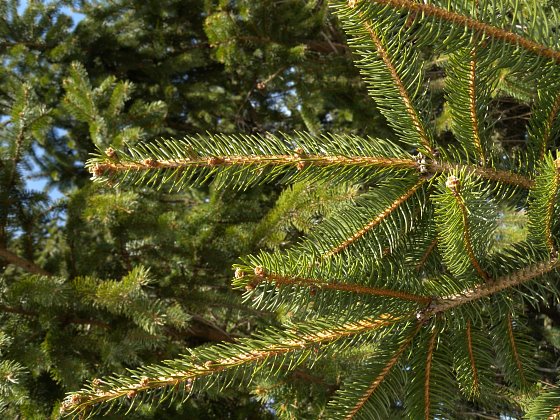



Norway Spruce Picea Abies
The weeping Norway spruce is a choice evergreen accent that is native to northern and central Europe If you're trimming a tree or shrub that has been dormant for a long time, be sure to remove all dead or dying leaves and twigs, as well as any needles that may have fallen from the tree If you don't remove the needles, they will growLeaves are alternate, glossy, dense, radial, sabershaped, stiff, pectinate with those on upper side of twigs pointed forward, overlapping those below spreading to the right angles from exposed twigs, incurved apically, have lateral sides with 23 stomalal bands, are dark green in color, and up to an inch long Bark Bark Color Light Brown Light Gray You can identify white spruce trees by their scaly white bark, narrow cylindrical crown, and long needlelike leaves Compared to the Norway spruce, the cones of this species are slender, but not as long White spruce trees grow to about 100 ft (30 m) tall Dwarf Norway spruce can be identified by its densely packed, bright green foliage
The spruce budworm can also cause damage to buds and foliage, but less so than for white or red spruce For Christmas trees, overall color of Norway spruce is fair to excellent, but needle retention is considered poor unless the trees are cut fresh and kept properly watered Growth during the first 10 years after field planting is relativelyNorwegian Spruce trees thrive best in Zones 37 The Norwegian Spruce tree, or Norway Spruce tree (also commonly referred to as the European Spruce) is a large evergreen tree that can grow quite tall, typically higher than 160 ft It has darkgreenish blue needlelike leaves and in the wild is commonly used for reforestationNorway spruce Bonsai is one of the most suitable tree species that require plenty of sunlight, care, and maintenance But, after a lot of dedication, it looks majestic and sublime when it blooms It is also very famous as a Christmas tree among the bonsai lovers If you live in the northern and the eastern hemispheres, you can grow spruce bonsai But, proper knowledge of this tree species
Leaves are needlelike, 05 to 1 inch (12–24 mm) long, quadrangular in crosssection (not flattened), and dark green on all four sides with inconspicuous stomatal lines Norway spruce grows naturally throughout Europe from Norway in the northwest and Poland eastward, and also in the mountains of central Europe, southwest to the westernLifespan 0 years Height A conically shaped tree that grows up to 40 metres in height Leaves Its needles are pointed, midgreen, and stand on tiny pegs Seeds It has long cylindrical brown cones which hang down Bark The Norway spruce hasNorway spruce provides important winter cover for a number of species of wildlife Grouse eat spruce leaves and the seeds are consumed by a number of birds and small mammals Conifers Height at 25 feet35 feet Height at Maturity 30 feet60 feet Spacing Within Rows




Roots And Shoots Diagnosing What Ails A Norway Spruce The Highlands Current




Picea Abies Norway Spruce North Carolina Extension Gardener Plant Toolbox
The appearance of small black spots, premature needle loss and a thinning canopy can be signs of Rhizosphaera needle cast The infectious fungal disease starts near the base of the tree and spreads upward A seriously sick blue spruce has purple or brown needles, dead branches and bald spots A bare spot on a Norway spruce could be caused by site conditions, pests or a fungus The needles will have yellow bands in spring and then show broken pustules That's the sign that the fungus is releasing more spores to infect the tree The issue usually develops lower on the tree, too, so it could explain bare spots on lower branchesPicea abies, the Norway spruce or European spruce, is a species of spruce native to Northern, Central and Eastern Europe The leaves are needlelike with blunt tips, 12–14 mm long, quadrangular in crosssection, and dark green on all four sides with inconspicuous stomatal lines



Buy Or Dedicate A Norway Spruce Tree From 9 99 Eforests Co Uk




Picea Abies Norway Spruce Leaf Leaf Picea Abies Norway Spruce Picea Spruce Pinaceae Pinophyta Conifers Botany Photos
15 year old Norway Spruce 35 ft tall The Norway Spruce is a fast growing (23' per year) evergreen that has dark green needles that are 1 inch long, and can grow up to 5The Norway spruce was introduced into the UK from Scandinavia in the 16th century It is familiar to us all as the 'original' Christmas tree and displays hanging, reddishbrown, oblong cones It is pyramidal in shape, displays needlelike, pointed leaves, and has large, cigarshaped cones that open their 'scales' to release the seeds insideNorway spruce is a large pyramidal evergreen conifer that can reach ' tall in its native Europe It is noted for its rapid growth Primary branches are slightly upturned but secondary branches and branch tips become pendulous as the tree matures Branches are clad with spirallyarranged, foursided, needlelike, deep green leaves which




Norway Spruce Essential Oil Organic Picea Abies Leaf Oil Nature In Bottle
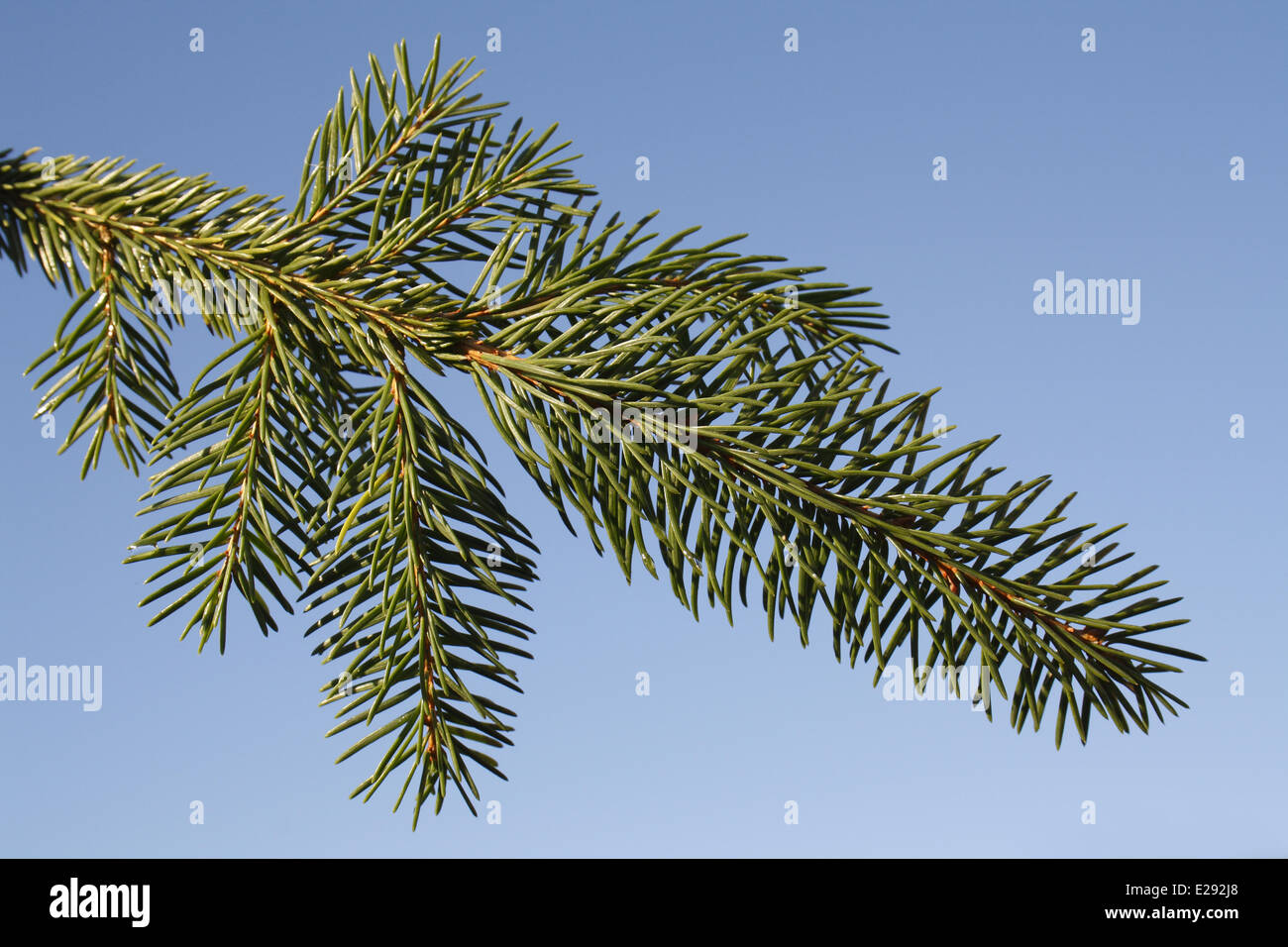



Norway Spruce Picea Abies Close Up Of Leaves Commercially Grown Christmas Tree Suffolk England January Stock Photo Alamy
ID# SPN#30 Norway Spruce Trees, native to northern and central Europe, feature texturized stems, shorter needle boughs and limbs designed to lay in a downward angle highlighting the green of the spruce tree An amazing replica foliage, our artificial Norway Spruce boughs are a robust green, is 30" n lengths and each bough has 22 tips of life Introduction Norway Spruce can grow 80 to 100 feet tall and spread 25 to 40 feet, though some listed cultivars are shrublike Smalldiameter branches sweep horizontally from the straight trunk which can grow to four feet thick Branchlets droop from the branches toward the ground in a graceful, weeping fashion forming a delicate pyramid The Norway spruce (Picea abies) is a fastgrowing, evergreen conifer with tiers of horizontal branches that form a triangular shape It has dark green, glossy, needlelike leaves that have a strong pine scent In summer and autumn, redbrown cones appear
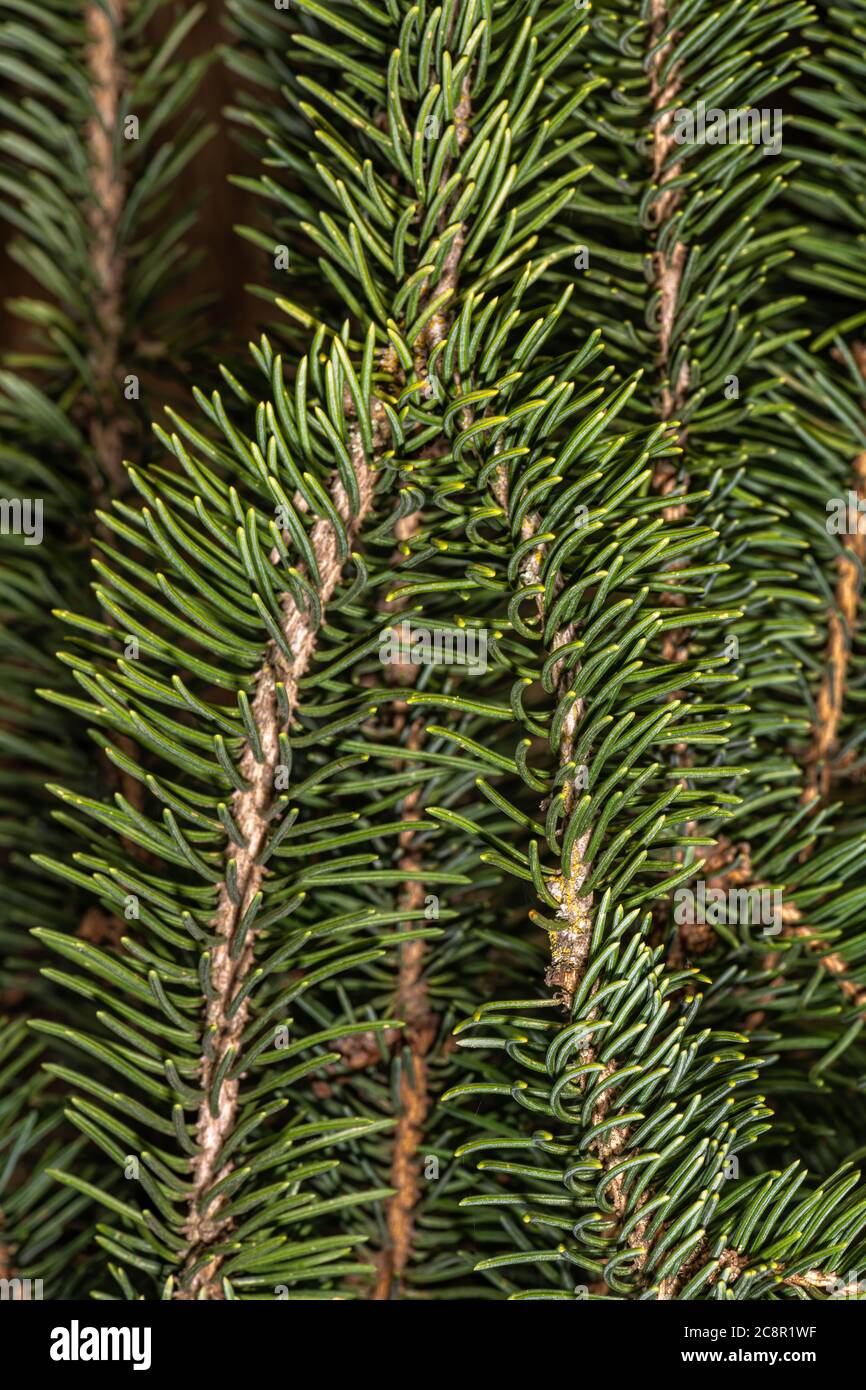



Leaves Of Weeping Norway Spruce Picea Abies Monstrosa Pendula Stock Photo Alamy




Red Cone Norway Spruce Summer Plant Of The Month Glacier View Landscape And Design Inc
Types of Norway Spruce "Nidiformis" Also known as the bird's nest spruce, this small landscape tree grows to about 3 feet high "Pumila Glauca" This dwarf variety has lovely bluegreen needles and grows to about 4 feet tall "Pendula" This weeping variety can grow up to 60 feet tall but reaches 2 years ago I had a 7' Norway Spruce put in and it has never given me much trouble A few weeks to a month ago, I noticed that the very tipWhite pines shed half their needles every year and they turn yellow/brown like autumn leaves at this time of year With Norway spruce it is a little different because Norway spruce retain their needles for 6 or 7 years and the annual needle shed is less obvious




Picea Abies Wikipedia



1
General description— This is the tallest of trees native to those northern parts of Europe, and it can also grow in the states too (It will only live up to 0 years in the states) This tree was able to survive harsh winters for ages since the branches of thisDying Norway spruces may lose foliage and have yellow needles, but they can usually be saved Step 1 Diagnose the problem Norway spruce trees can be damaged by lack of water, lack of nutrition, pests like spider mites and beetles, and overfertilization If you can pin down a specific reason for the tree's decline, treat that reason directlyIn Europe, Norway spruce grows from 130 to 215 feet in height, but in the United States is seldom more than 130 feet tall Leaves (needles) are 4sided (rectangular in section), 1/21 inch long, and sharp or somewhat blunt at the tip At the base of each needle is a twiglike projection (sterigmata) which remains after the needle is lost




Picea Abies Norway Spruce Leaf Leaf Picea Abies Norway Spruce Picea Spruce Pinaceae Pinophyta Conifers Botany Photos
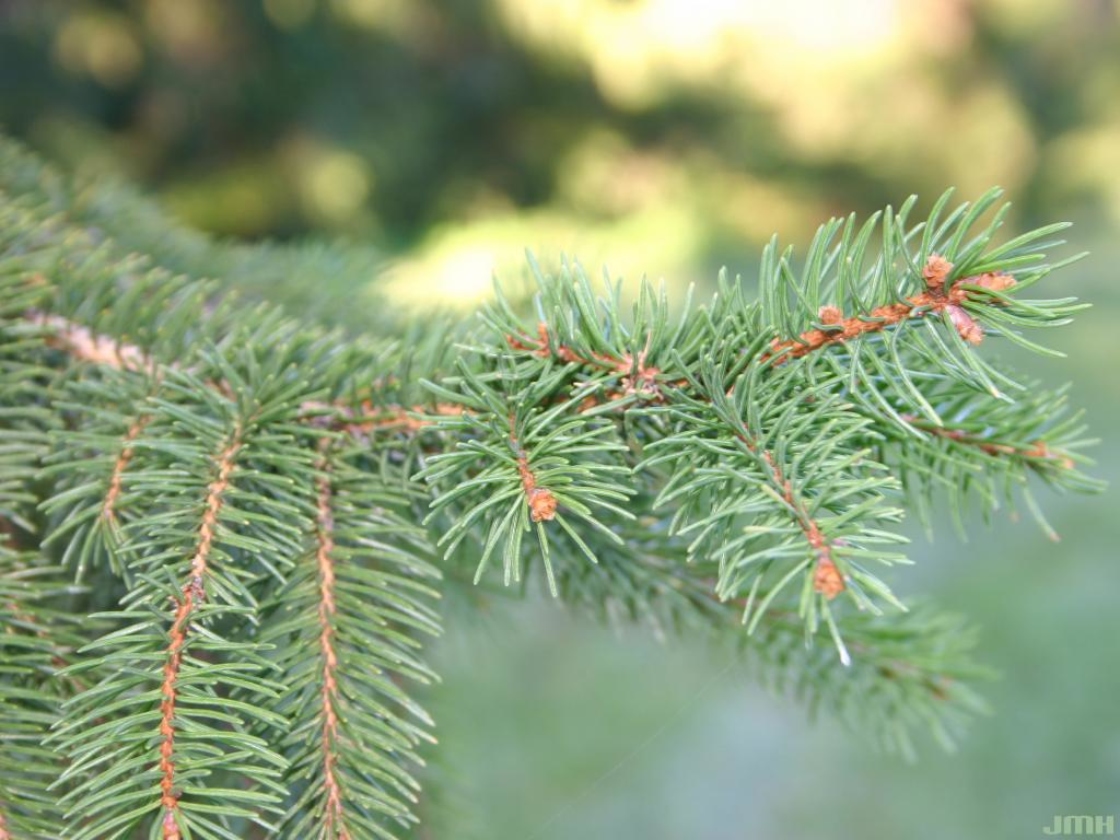



Norway Spruce The Morton Arboretum
Furthermore, how do you tell if a spruce tree is dying?A native of Europe, the Norway spruce is widely planted for use as Christmas trees Hundreds of cultivars are grown in North America You can find several graceful, mature Norway spruce on Cedar Hill The shape of the Norway spruce makes itNorway spruce leaves Norway spruce ( Picea abies) is the most widely cultivated spruce species in North America, and it has been planted in several Skaneateles Conservation Area locations, including the Mabel Reynolds preserve, the Guppy farm, and the O'Loughlin property It is the fastest growing spruce, can grow in a wider variety of soil types than most other spruces, and




Norway Spruce Norway Spruce Tree Plantingtree




Photo Of The Leaves Of Norway Spruce Picea Abies Cupressina Posted By Arctangent Garden Org
The Norway spruce has needlelike leaves with a rich, sweet smell Credit Nature Photographers Ltd / WTML The leaves or needles of the Norway spruce are dark green in colour and are typically a couple of centimetres long The leaves feel squarish or flat when rolled between fingers Norway spruces are established all over the east coast of Canada and the United States growing as far south as North Carolina They also grow in parts of the Midwest and in Ontario NorwayFacts Norway spruce is easy to tell from other spruces by its large cones (5 inches or 12 cm long) and its horizontal branches laden with long, branchlets Many cultivars of this attractive spruce are available, and it is easily transplanted even as a mature tree But this large tree needs plenty of elbow room to develop




Picea Abies Norway Spruce Go Botany



Blue
Picea abies, Norway Spruce Narrow leaves (needels) Contact Info Patrick Breen, CPN (Certified Plant Nerd) PatrickBreen@oregonstateeduIt is readily identified by its dark green needles and drooping branchlets Trees have dark green crown with a triangular shape Leaves (needles) are 4sided (rectangular in section), 1/21 inch long, and sharp or somewhat blunt at the tip At the base of each needle is a twiglike projection (sterigmata) which remains after the needle is lostNorway Spruce, like other spruces, is mostly deer resistant Browsing may occur in periods of high pressure, but this is infrequent in Southeast Wisconsin Leaf Lore Norway Spruce has long been prized for forest products for its strong wood and rapid growth rate



How To Grow And Care For Norway Spruce




Picea Abies Norway Spruce Leaf Leaf Picea Abies Norway Spruce Picea Spruce Pinaceae Pinophyta Conifers Botany Photos
About About Norway Spruce is an elegant and shapely conifer choice that has many desirable attributes ranging from its iconic pyramidal shape, to its graceful drooping limbs covered in dark green neeedles that are roughly 1/2″ – 1″ in length Norway Spruce trees are versatile and can provide eitherPrized for foliage Very coldhardy, this Spruce is the perfect symmetrically shaped Christmas tree Excellent choice for a frontyard holiday tree or as a semiformalHanging down Norway spruce grow 75 to 100 feet tall




Cones And Leaves Of Norway Spruce Stock Photo Download Image Now Istock
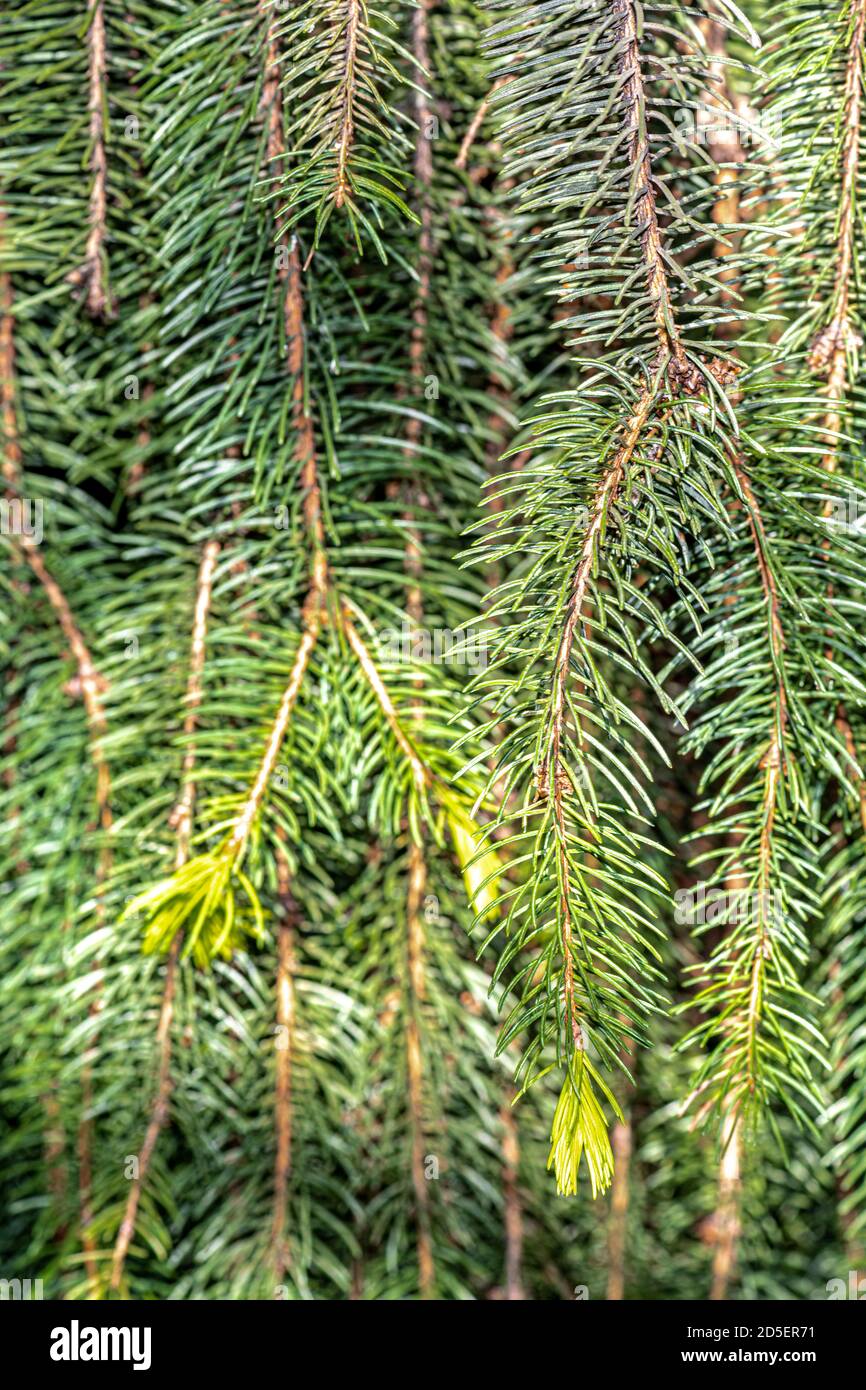



Leaves Of Norway Spruce Picea Abies Cranstonii Stock Photo Alamy
Reaches 70 to 80 ft tall, 35 to 45 ft wide or larger with age Conifer; Leaves Needlelike leaves that have a dark green and shiny upper side and a blue and white striped underside They cover the upper side of branches and have a strong, sweet smell The way you should prune a Norway Spruce (if necessary) will typically depend on the age of the tree and should be carried out in late winter to early spring Deer and rodents leave Norway spruce alone Care of Norway Spruce Trees Required Norway spruce care is minimal If you plant the tree with sufficient elbow room, you may not have to lift a finger other than providing an occasional drink during dry periods Unlike many trees, the Norway spruce does not produce suckers
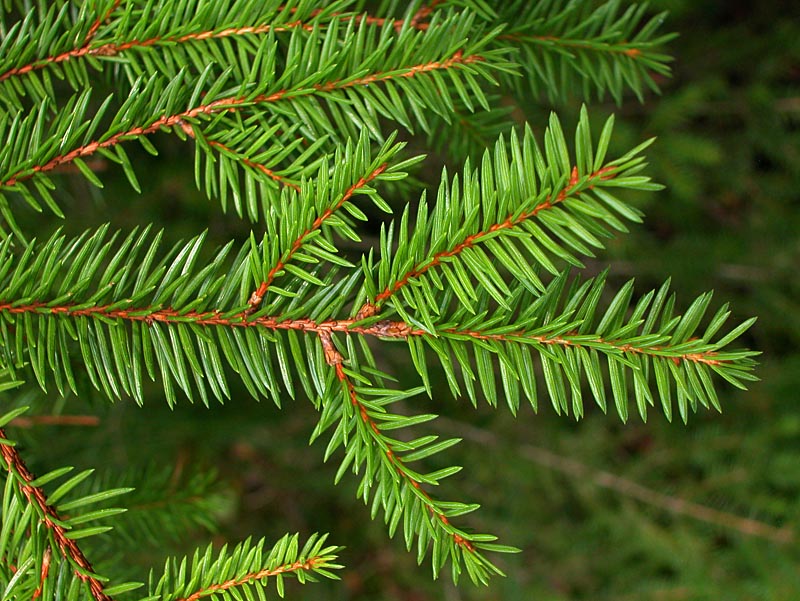



Picea Abies Norway Spruce Description
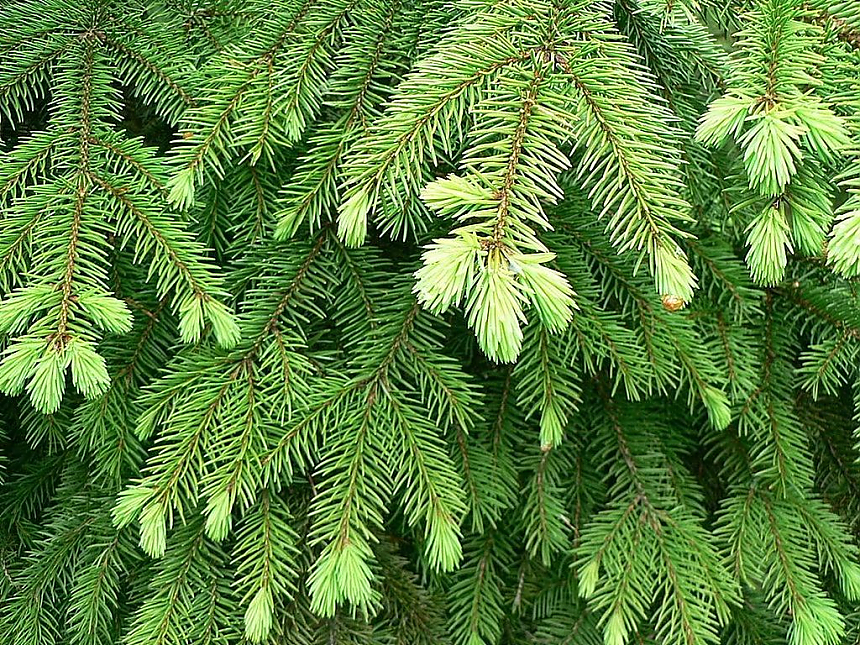



Norway Spruce Landmark College
The Norway Spruce is our favorite and best large evergreen for windbreaks in the eastern 2/3 of America, and in much of the world in the proper climate We love this tree!!Norway spruce, like all conifers, is a very interesting plant Needles instead of leaves will make this tree a highlight of any garden Tips to keep Norway spruce thriving Plant it in a place with 46 hours of direct sunlight Use welldrained and loose soil with a pH of 5570 Spread a 1inch layer of mulch around the treeThe needles are single, angular or foursided, yellowgreen in color, 1/2 to 1 inch long and slightly curved More of the needles are borne on the upper surface of the twigs where they usually point forward The foliage appears to droop or weep The cone is 4 to 7 inches long;
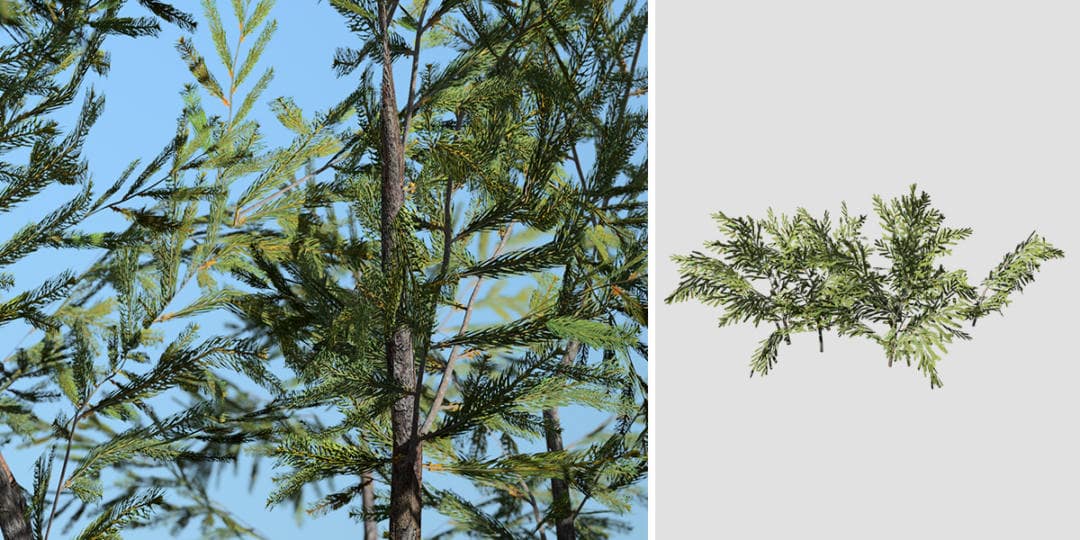



Norway Spruce Species Pack Speedtree




Picea Abies Norway Spruce Go Botany
The Norway Spruce is generally used in landscaping, where it provides an excellent screen and windbreak While initially the spruce was used for ornamental decoration, it is now most commonly grown in the United States for two purposes During its younger years, the Picea abies is primarily cultivated for Christmas treesThe Norway Spruce's leaves are dark green and needlelike These singular needles could grow up to an inch long These needles are slightly curved, very smooth, and are straight (given only a slight curve) These needles stay for several years, falling off after 2 to 3 years These needles are likely to fall near the summer seasonThe leaves are needlelike with blunt, pointed tips They are medium to dark green in color and the individual needles are 1/2 inch to an inch in length They are smooth to the touch, and are not flattened as they have four distinct sides and are quadrangular in shape The heads of the needles are pointed, and they spiral around the twig
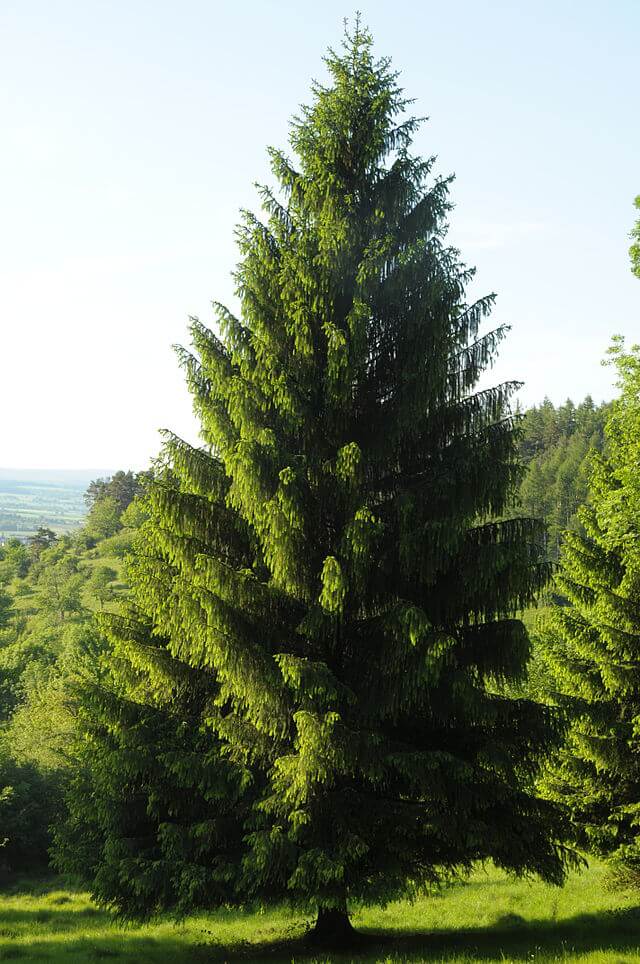



Spruce Surprisingly Edible Abundant Evergreen Tree Eat The Planet




Norway Spruce Picea Abies Directree
Norway Spruce is monoecious, forming separate male and female cones on the same tree during mid to late spring Male pollen cones are produced from the axils of the needlelike leaves; We have several Norway Spruce trees that were planted approximately 45 years ago They were all around 56′ at the time of planting and had root balls They were mulched immediately after planting After about 2 years, the bottom half of the trees started thinning out dramatically It at first started with just one tree but has now spread toNorway spruce also makes a good roosting tree for hawks and owls History/Lore The Norway spruce hails from Europe And while this species does grow in Norway, the name is a bit of a misnomer This tree grew in Eurasia, the Black Forest and other parts of the continent long before making its way to Norway around 500 BC As people emigrated
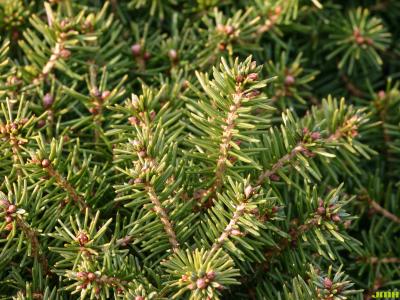



Morton Arboretum Photographic Image Picea Abies Little Gem Little Gem Norway Spruce Leaves 3 761




Pine Tree Branch Norway Spruce Stock Photo Download Image Now Istock
They are ½1" in length, oblongoidovoid in shape, and purplish red to whitish pinkLeaves vs Needles Needles;




Norway Spruce Christmas Trees Traditional Tree Creekside Christmas




Taxonomy
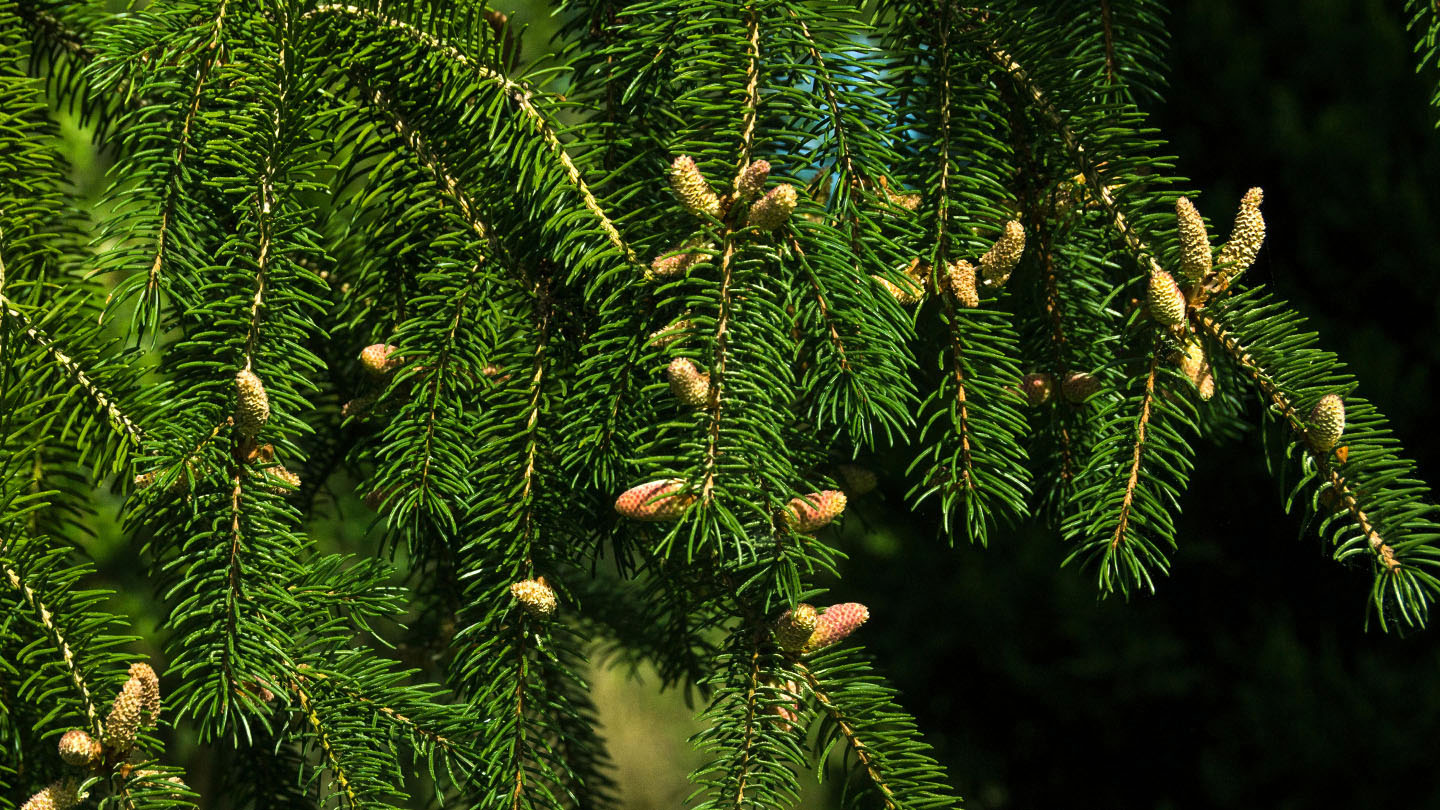



Norway Spruce Picea Abies British Trees Woodland Trust
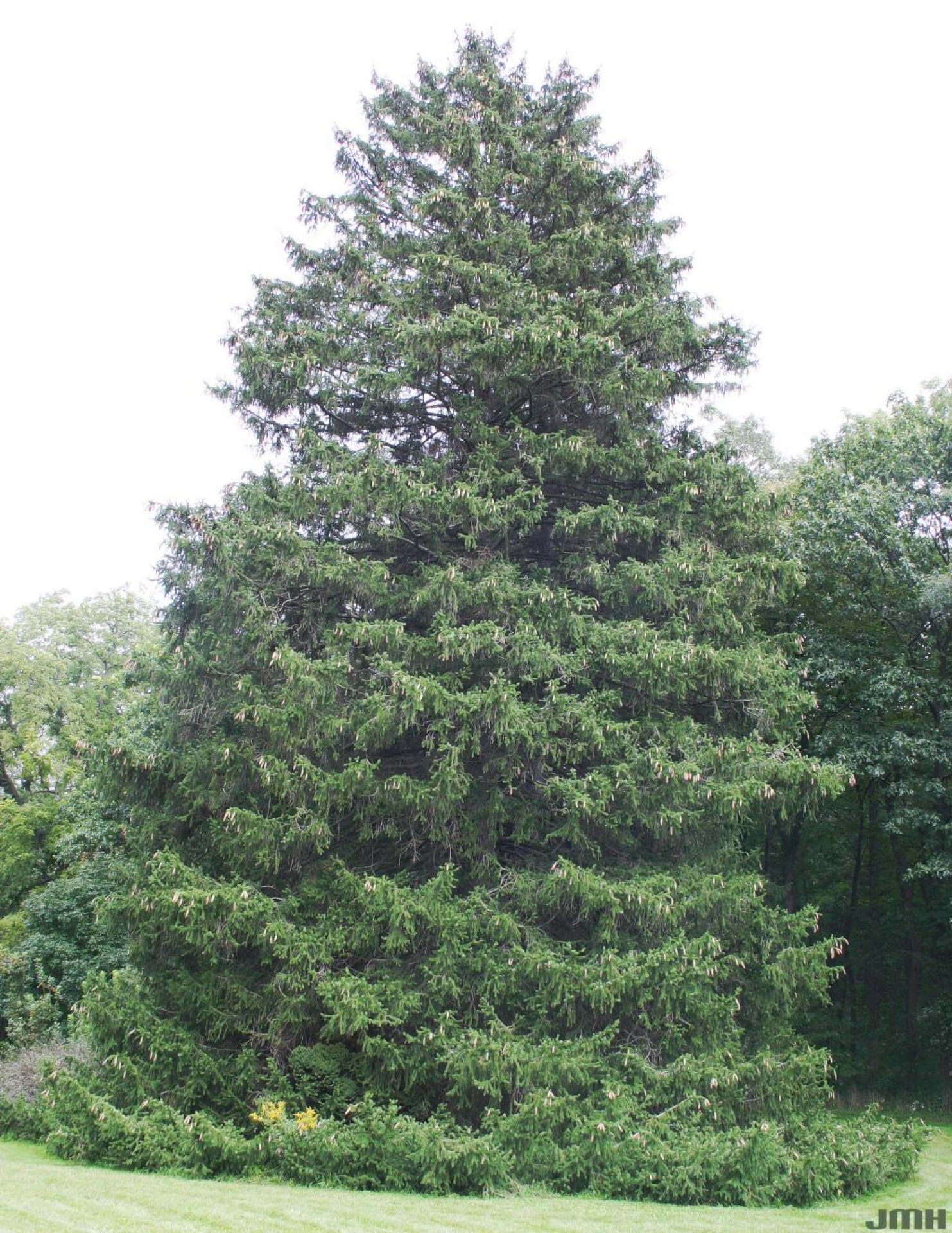



Norway Spruce The Morton Arboretum




Picea Abies Norway Spruce Landscape Plants Oregon State University
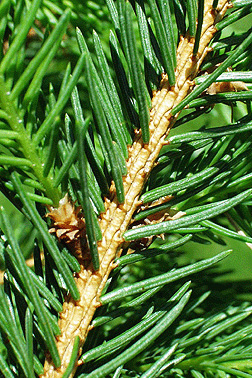



Virginia Tech Dendrology Fact Sheet




Norway Spruce Ohio Department Of Natural Resources




Trees What Is Causing The Tip To Brown And Die On My Norway Spruce Gardening Landscaping Stack Exchange
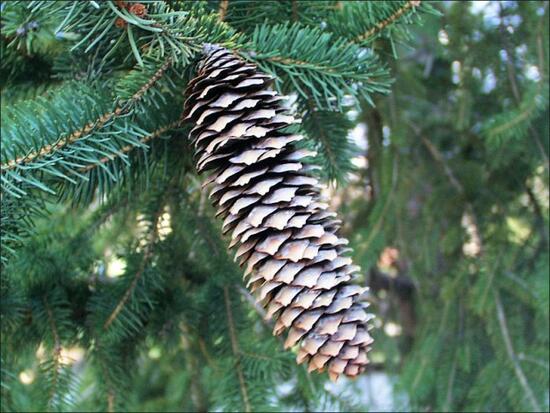



Norway Spruce Yale Nature Walk




Spruce Norway P Abies
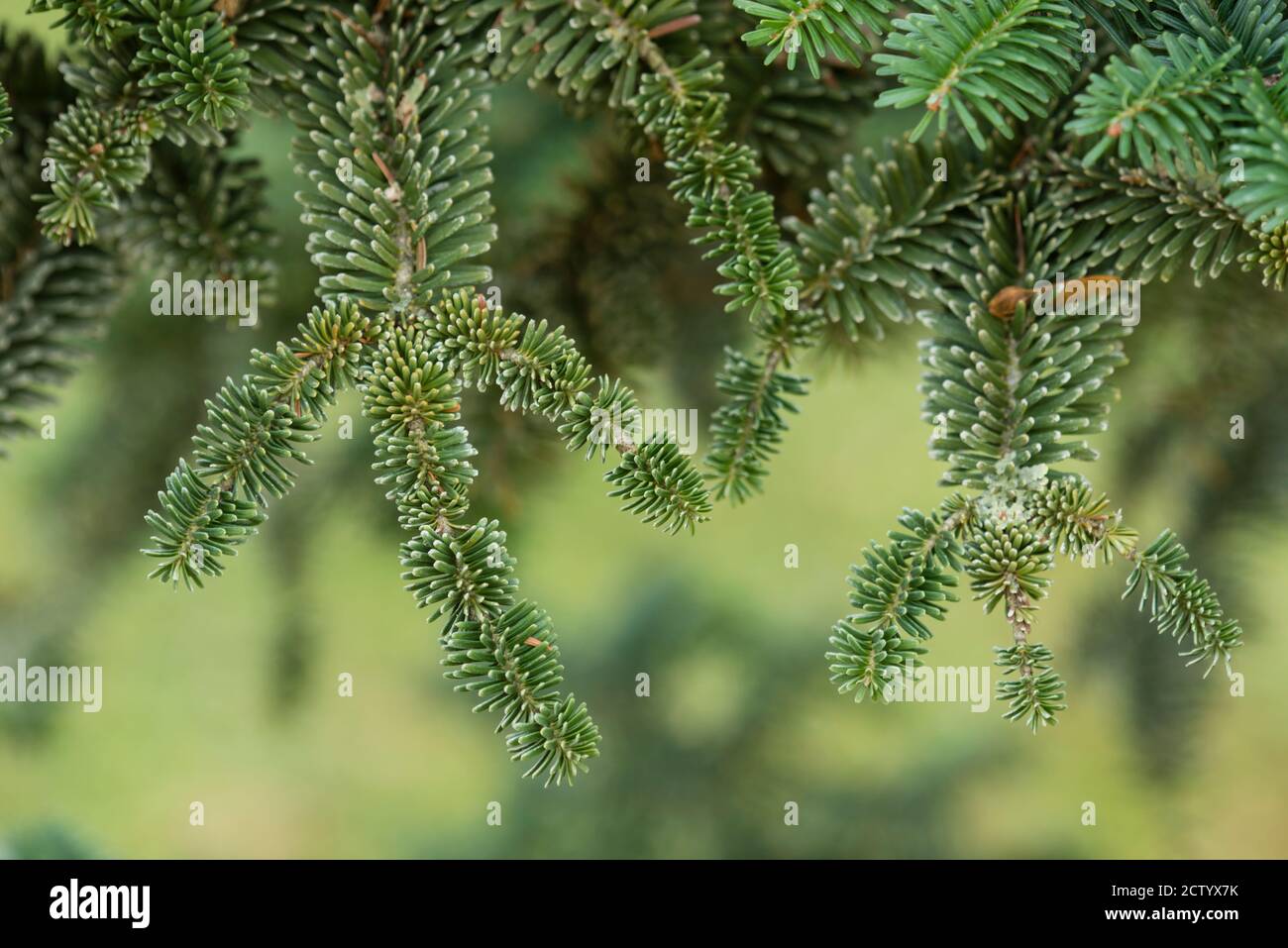



Norway Spruce Tree Detail Of Leaves Stock Photo Alamy



Norway Spruce
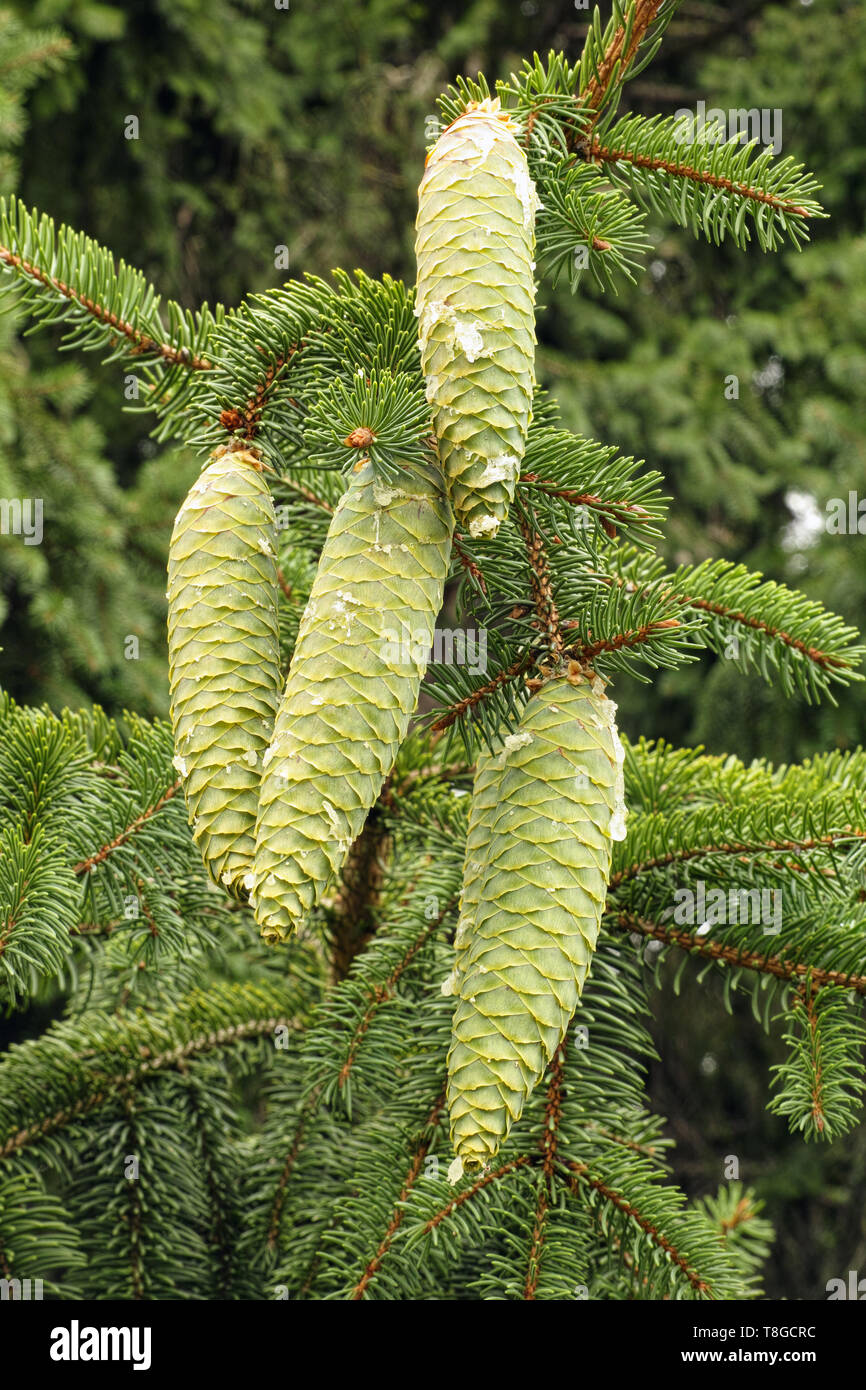



Young Cones And Leaves Of Norway Spruce Stock Photo Alamy
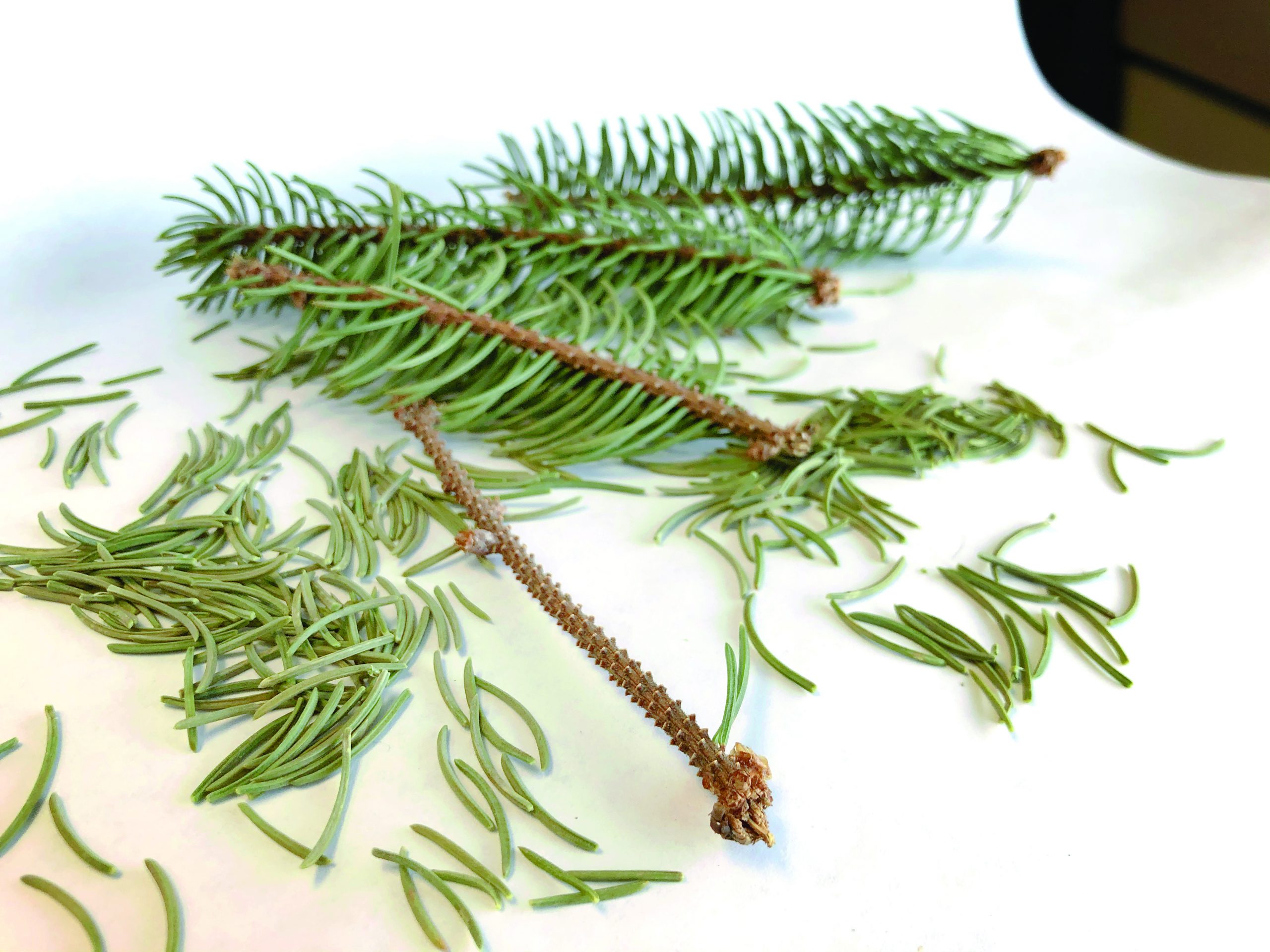



Ask Rosie April 21 Indiana Connection




Picea Abies Norway Spruce Two Stems With Green Leaves Flower Clusters And Cone Stock Photo Picture And Rights Managed Image Pic Dod Agefotostock




Norway Spruce Buds Leaves And Global Warming Project Tree Species Inaturalist
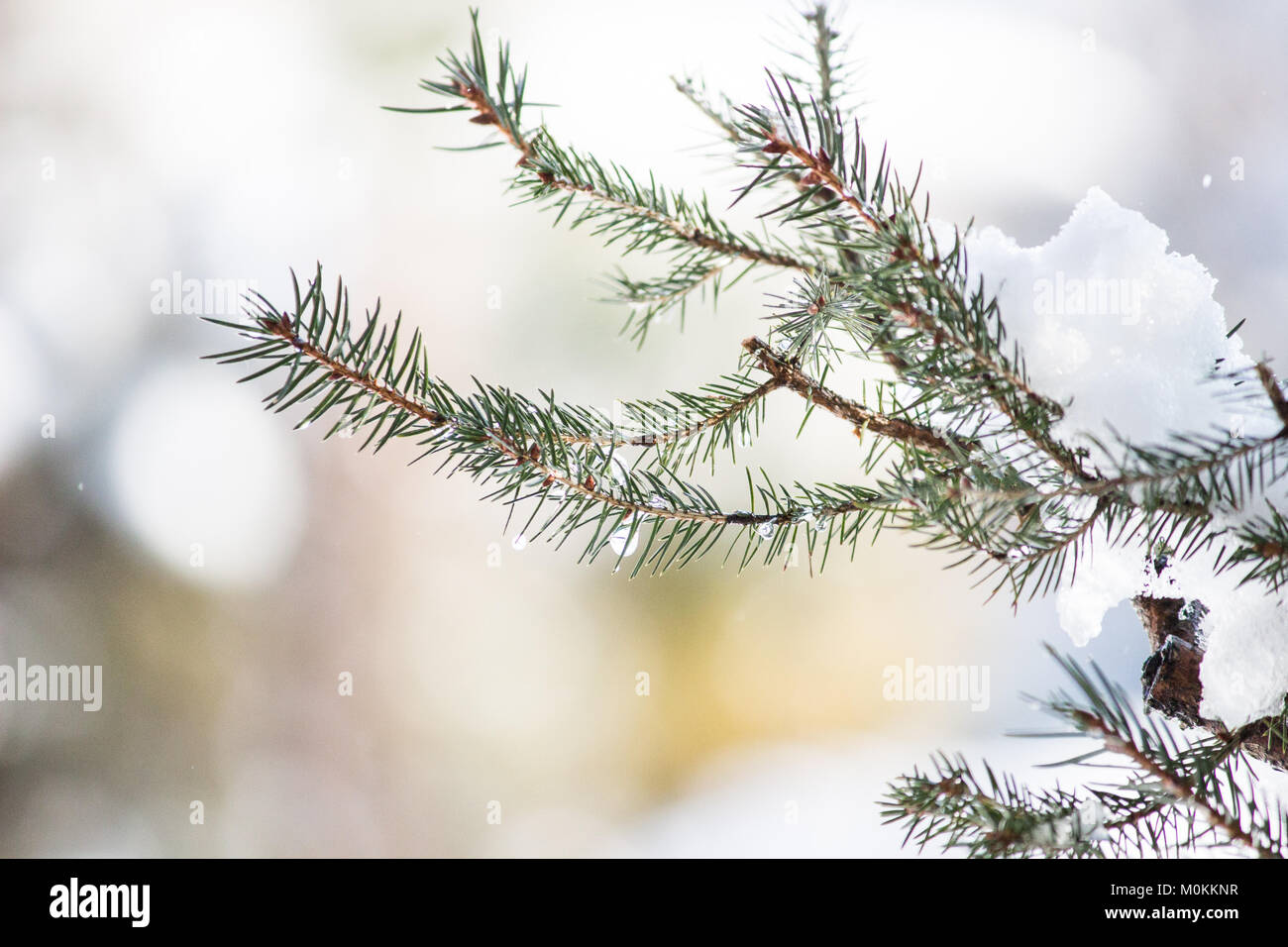



23 January 18 Leaves Of Norway Spruce Picea Abies Covered With Snow And Water Drop Stock Photo Alamy



Norway Spruce
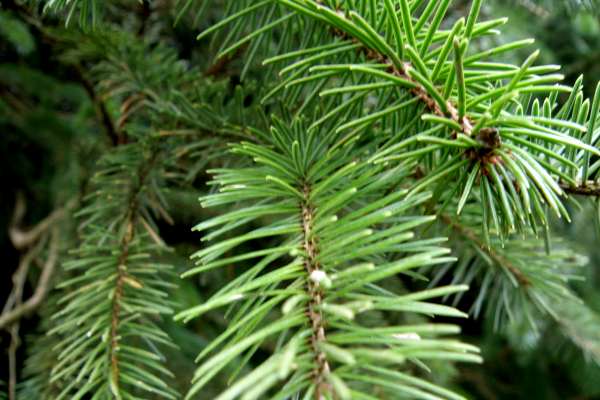



Picea Abies Norway Spruce Identification Guide
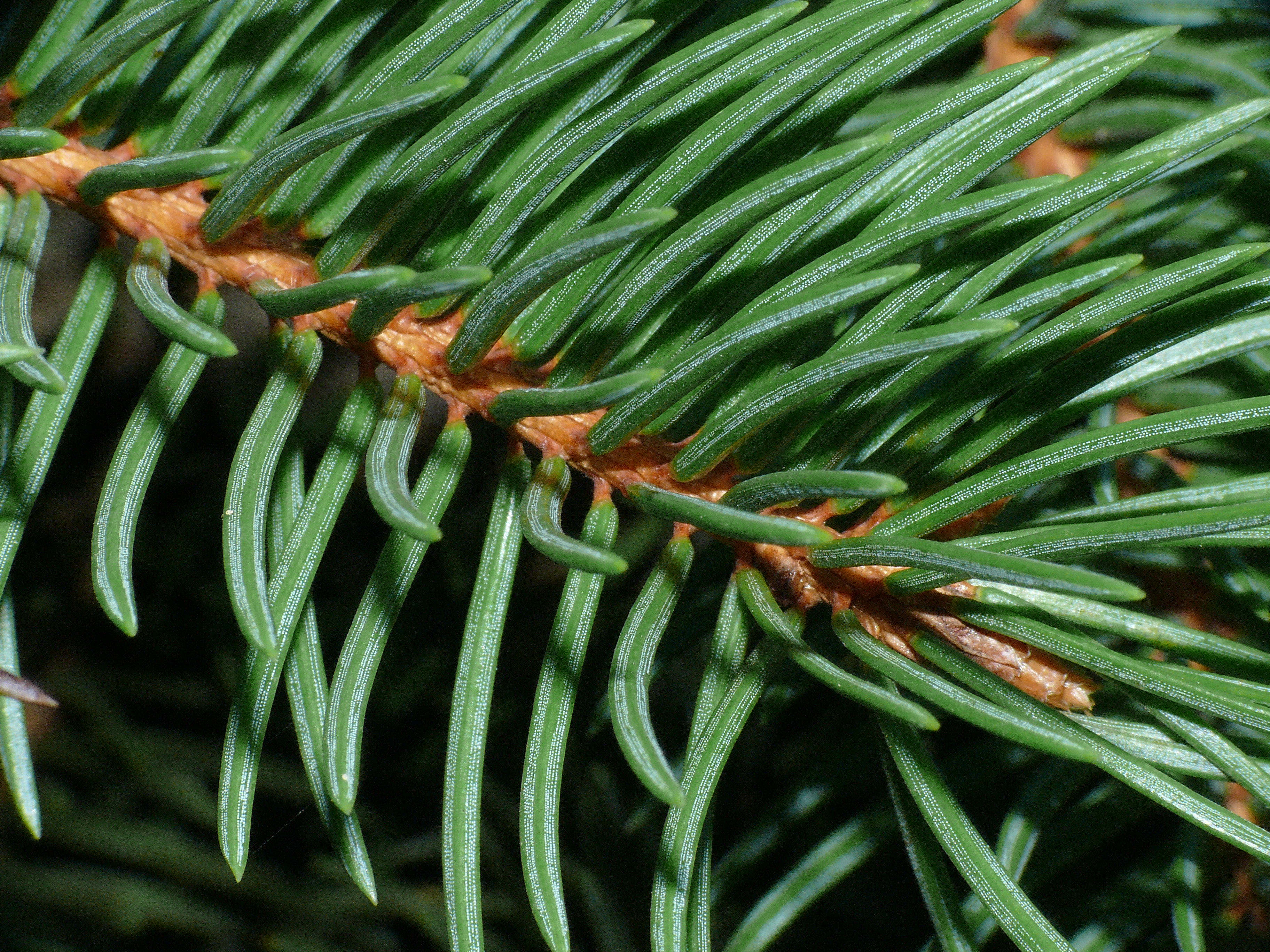



File Norway Spruce Needle Stomata Jpg Wiktionary




Picea Abies Norway Spruce Leaf Leaf Picea Abies Norway Spruce Picea Spruce Pinaceae Pinophyta Conifers Botany Photos



1




Norway Spruce Picea Abies Pinaceae Tree Leaves And Fruit Illustration Stock Photo Picture And Rights Managed Image Pic Dae Agefotostock
:max_bytes(150000):strip_icc()/white-spruce-branch-837600712-5313112828fd4f4aa49d5d8f2e05568c.jpg)



12 Spruce Tree And Shrub Types
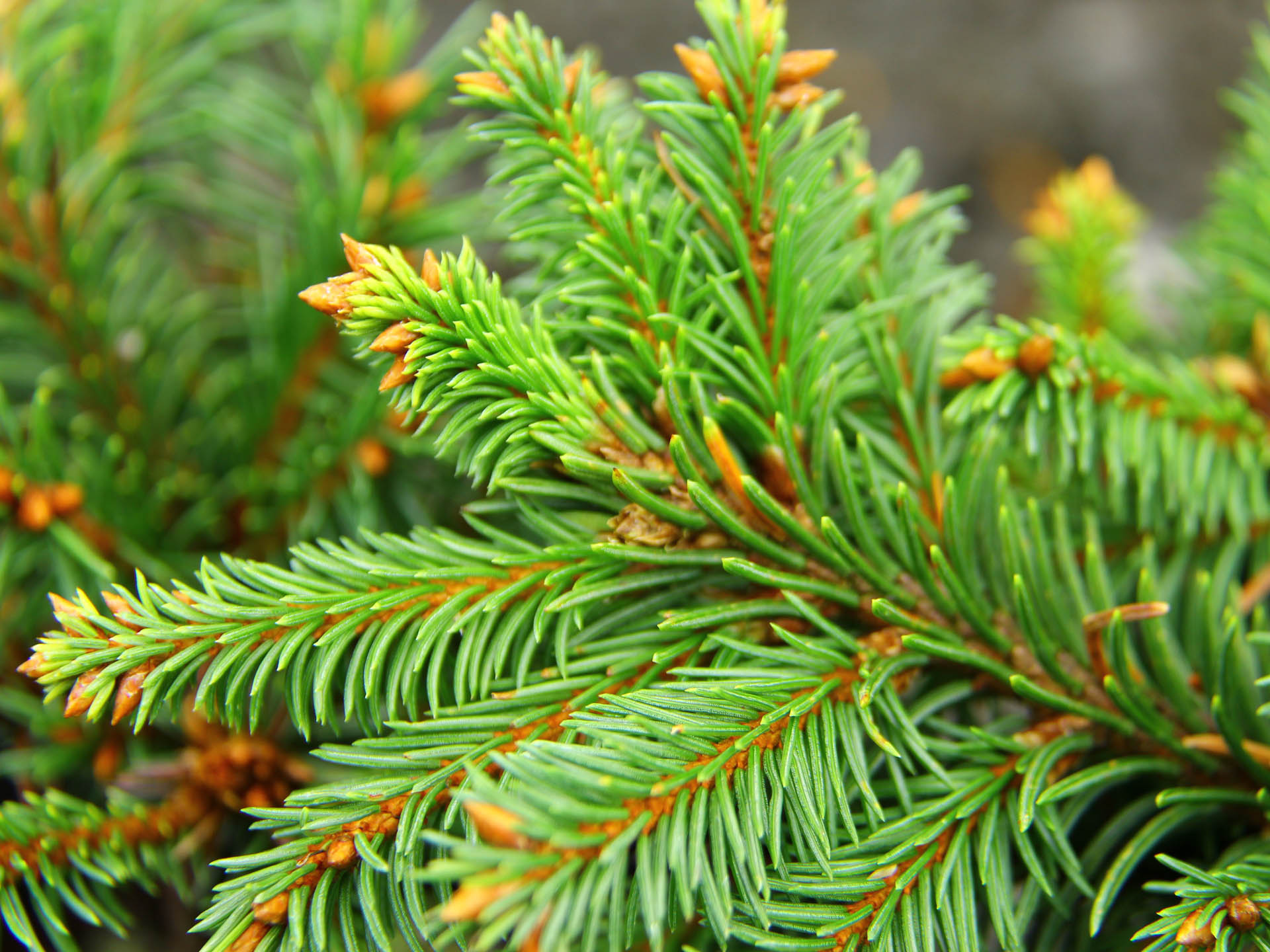



Picea Abies Red Devil Norway Spruce Conifer Kingdom




Norway Spruce Trees For Sale Online Garden Goods Direct




Picea Abies Norway Spruce Mount Royal Seeds
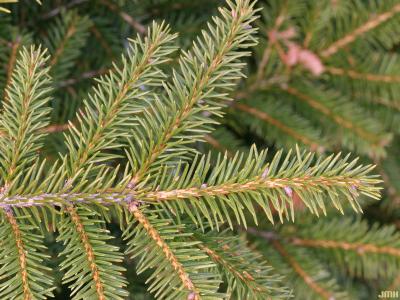



Morton Arboretum Photographic Image Picea Abies Procumbens Prostrate Norway Spruce Leaves 3




5 Free Norway Spruce Leaves Images
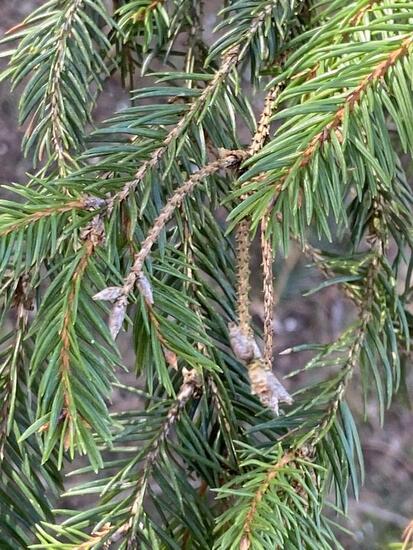



Norway Spruce Yale Nature Walk



Picea Abies Norway Spruce Minnesota Wildflowers
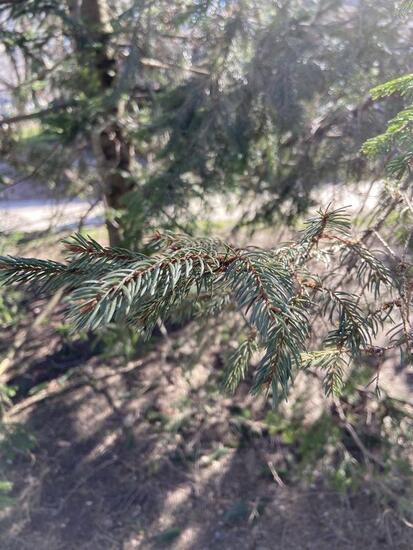



Norway Spruce Yale Nature Walk




Norway Spruce Picea Abies




Background Beautiful Nature Fresh Green Young Pine Branch Norway Spruce On White Background Pine Branch Christmas Tree Evergreen Leaves Stock Photo Download Image Now Istock
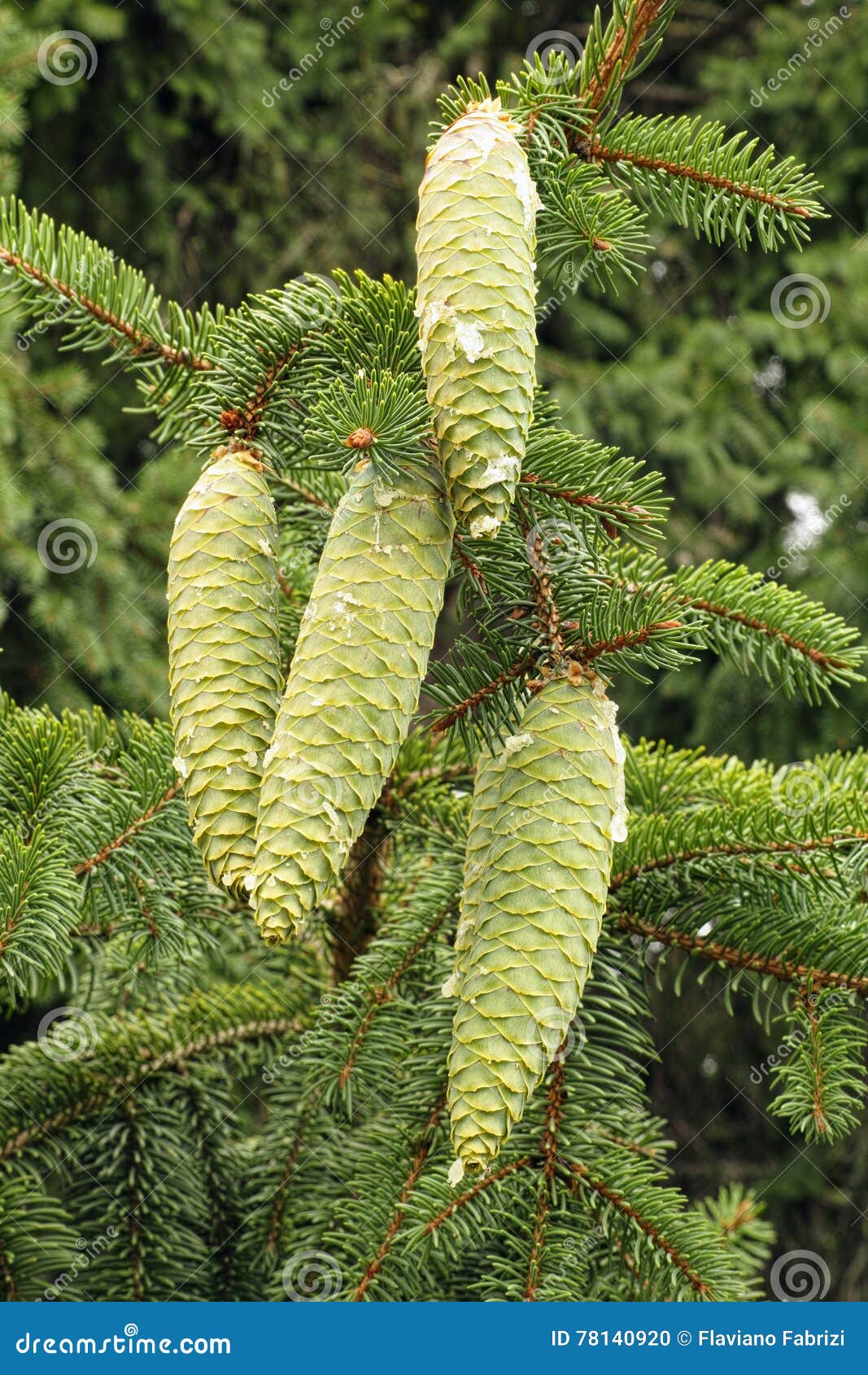



Norway Spruce Details Stock Photo Image Of Cones Needle
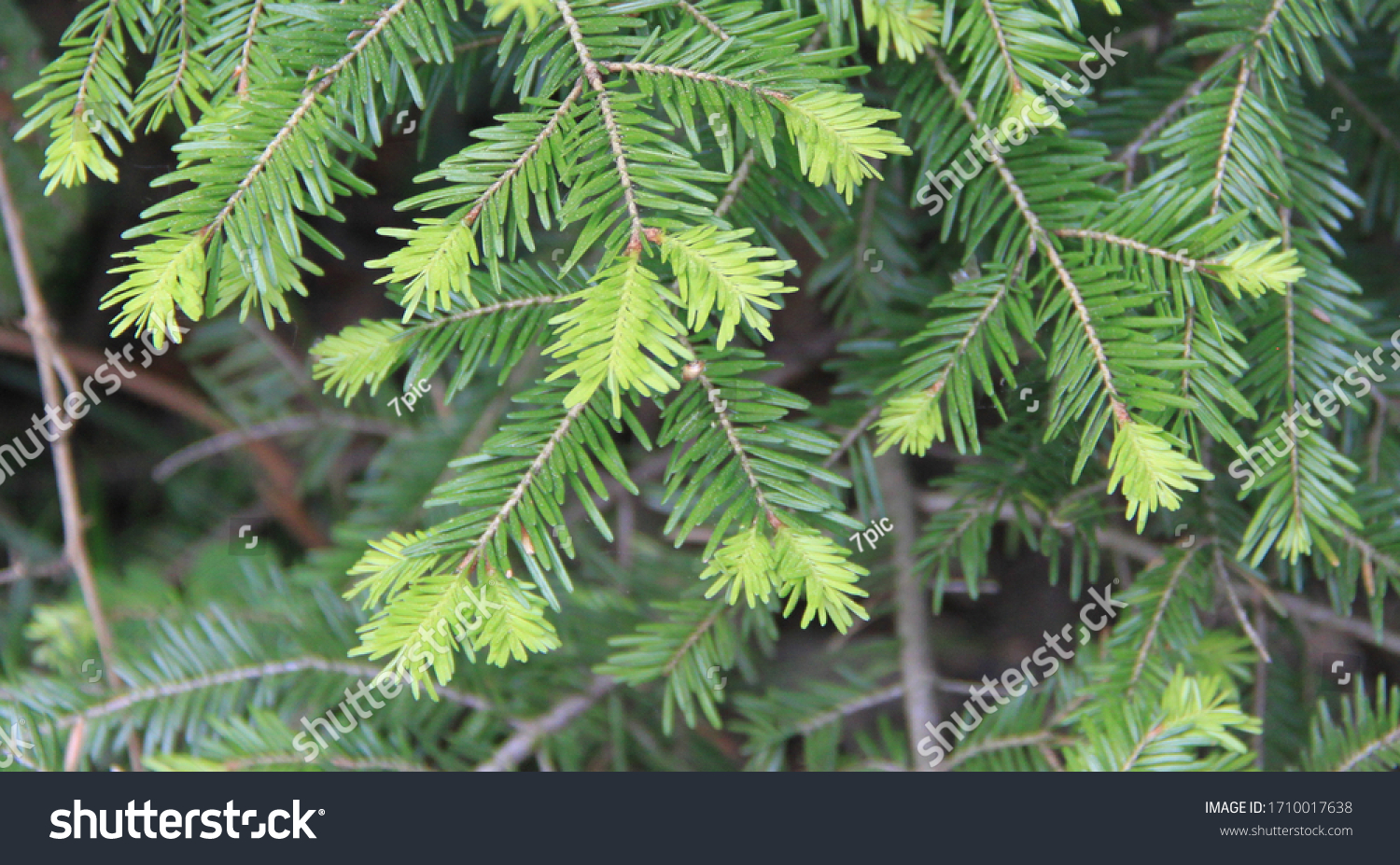



New Leaves Grown On Norway Spruce Stock Photo Edit Now
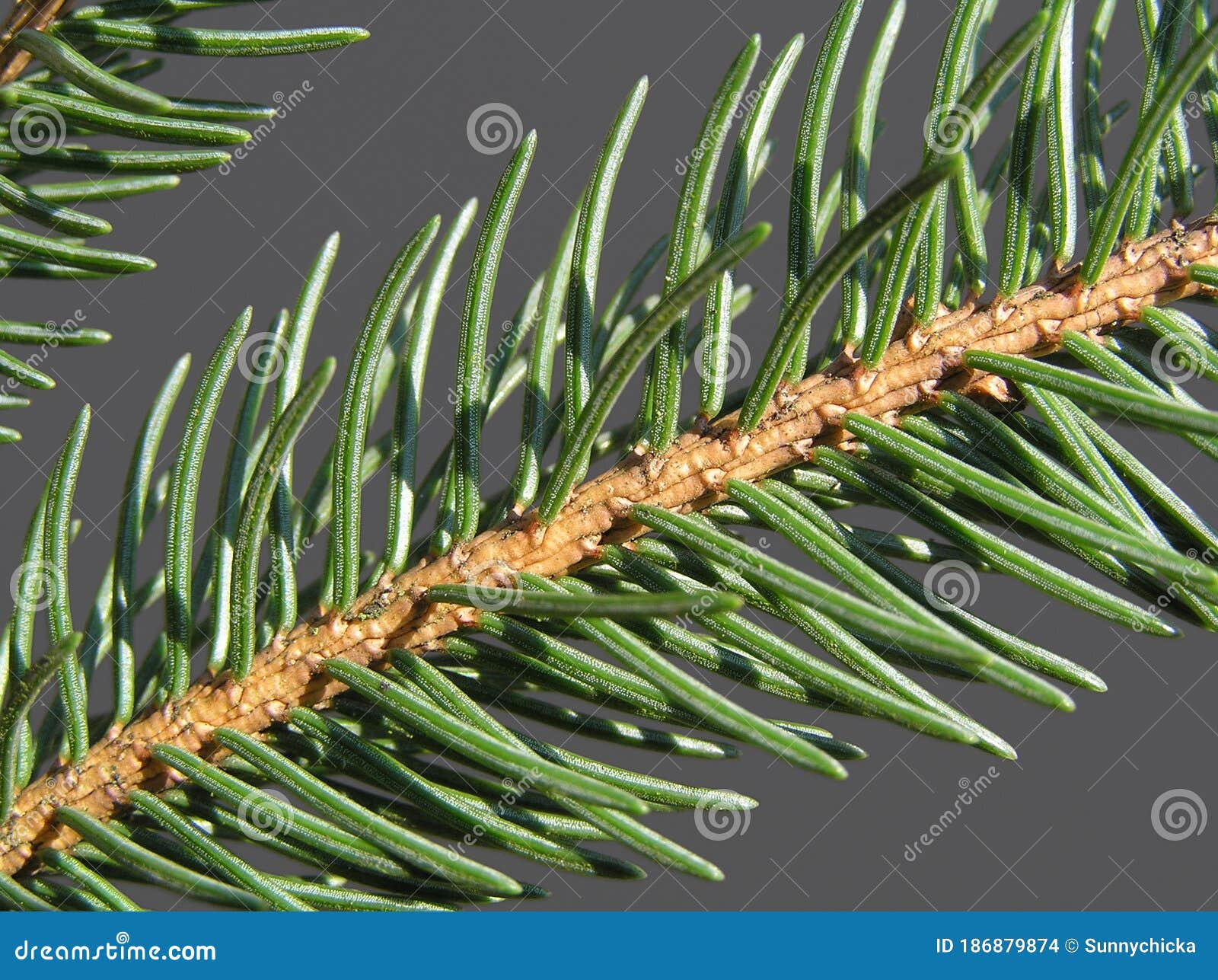



Spruce Red Spruce Norway Spruce European Spruce Picea Abies Forest Stock Photo Image Of Collage Nature




Norway Spruce Picea Abies Pinales Pinaceae




The Short Guide To The Norway Spruce Picea Abies Pumila Youtube
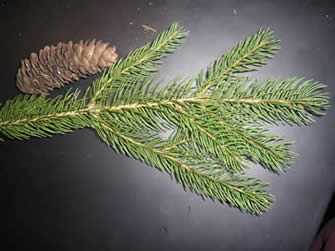



Norway Spruce




Photo Of The Leaves Of Norway Spruce Picea Abies Acrocona Posted By Paul32 Garden Org
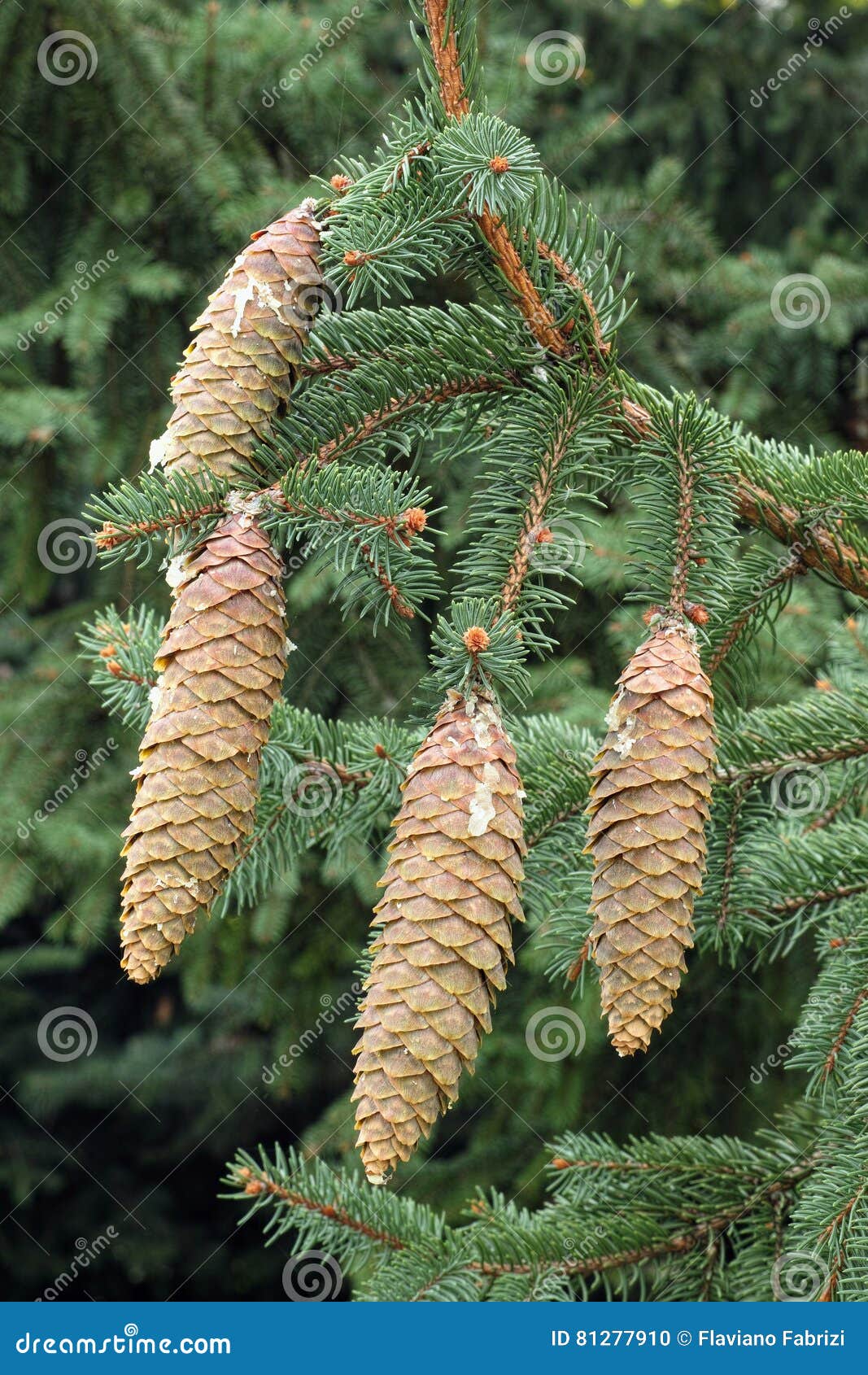



Norway Spruce Cones And Leaves Stock Photo Image Of Flora Spruce
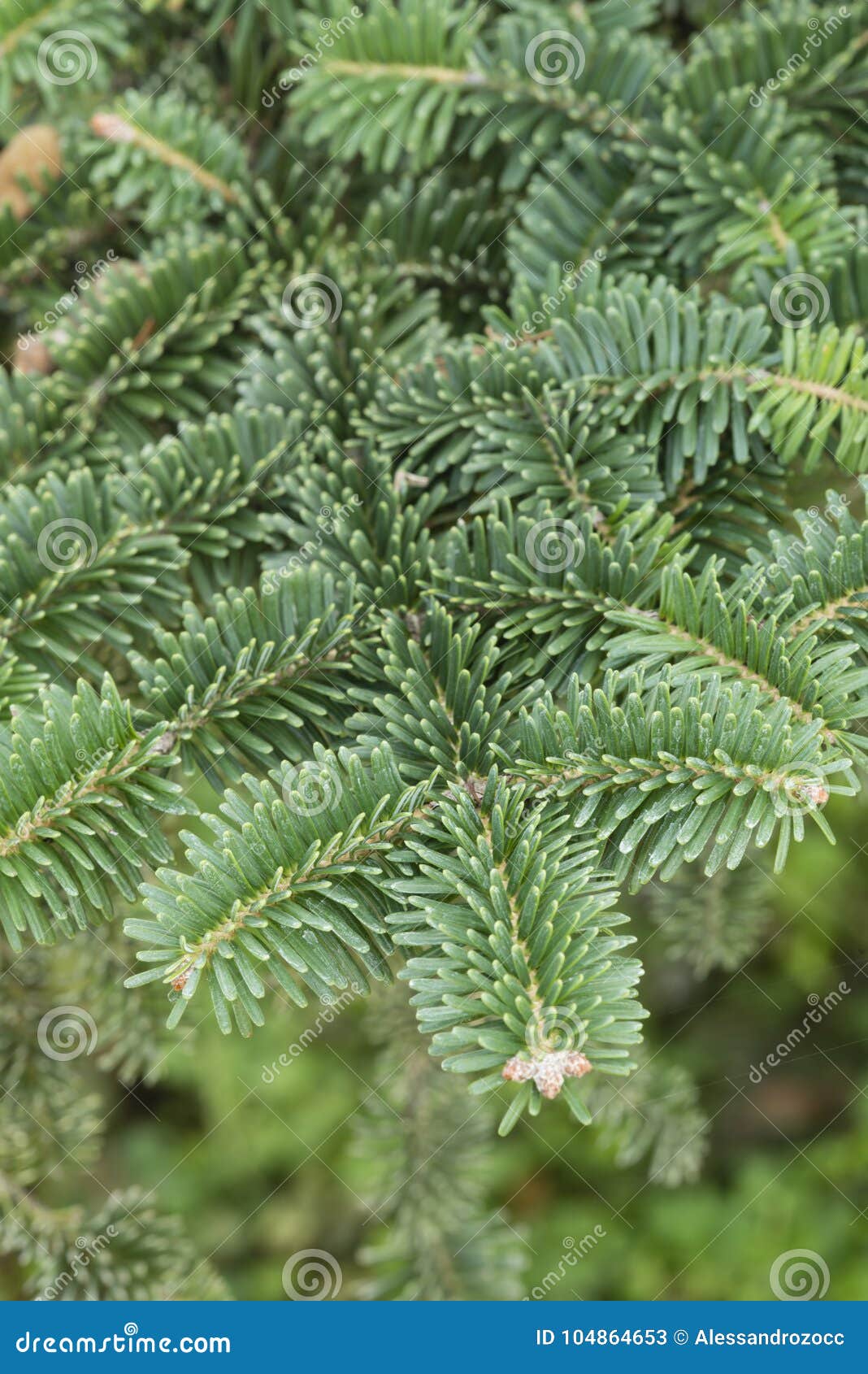



Norway Spruce Tree Detail Stock Image Image Of Nature
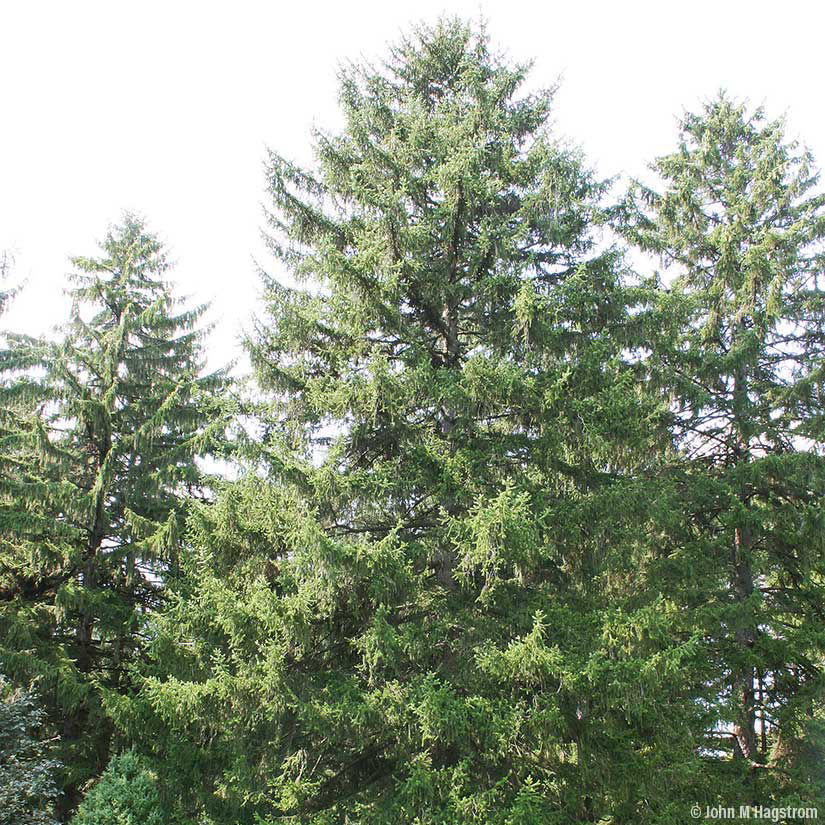



Norway Spruce Trees For Sale At Arbor Day S Online Tree Nursery Arbor Day Foundation Buy Trees Rain Forest Friendly Coffee Greeting Cards That Plant Trees Memorials And Celebrations With Trees And




Norway Spruce Natural Resource Stewardship
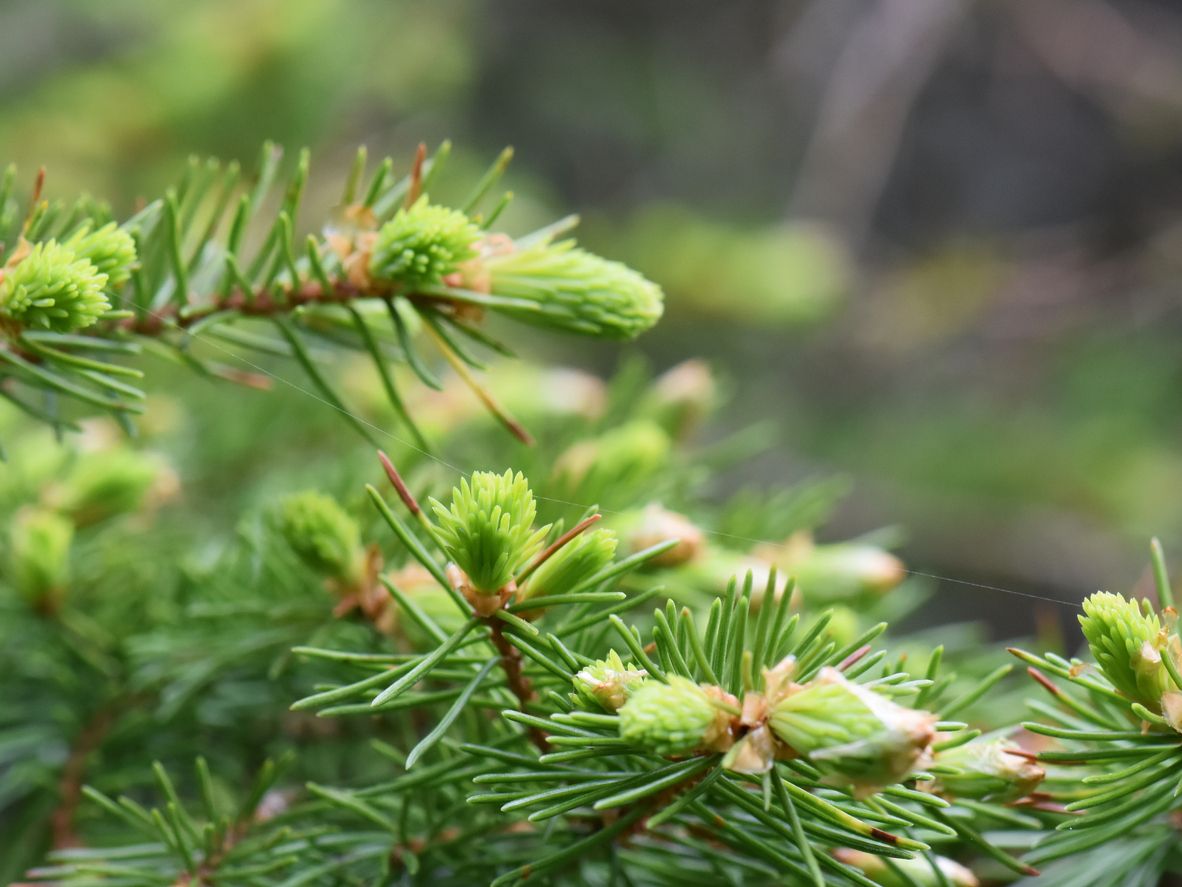



Norway Spruce Tree How To Grow And Care For Norway Spruce Trees
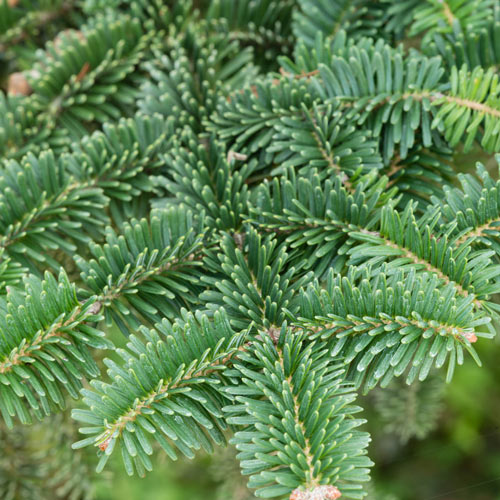



Norway Spruce Buy Pine Trees Michigan Bulb




Picea Abies Norway Spruce North Carolina Extension Gardener Plant Toolbox




Tree Identification Guide Do I Have A Norway Spruce
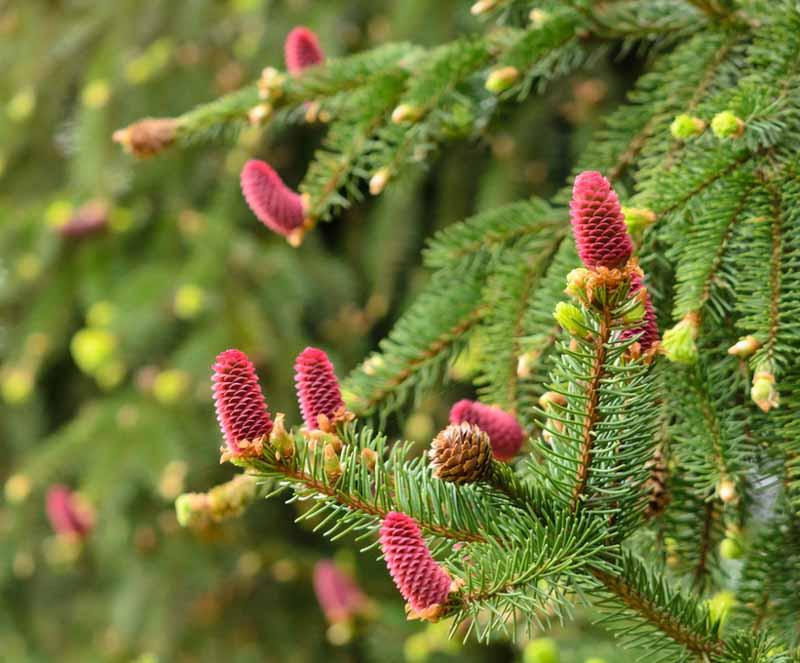



Picea Abies Acrocona Norway Spruce
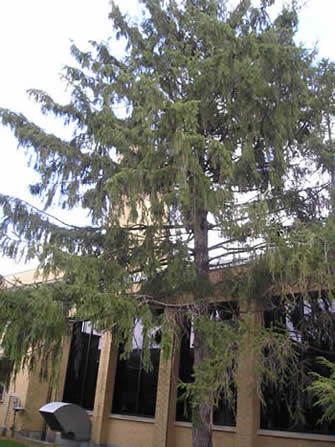



Norway Spruce
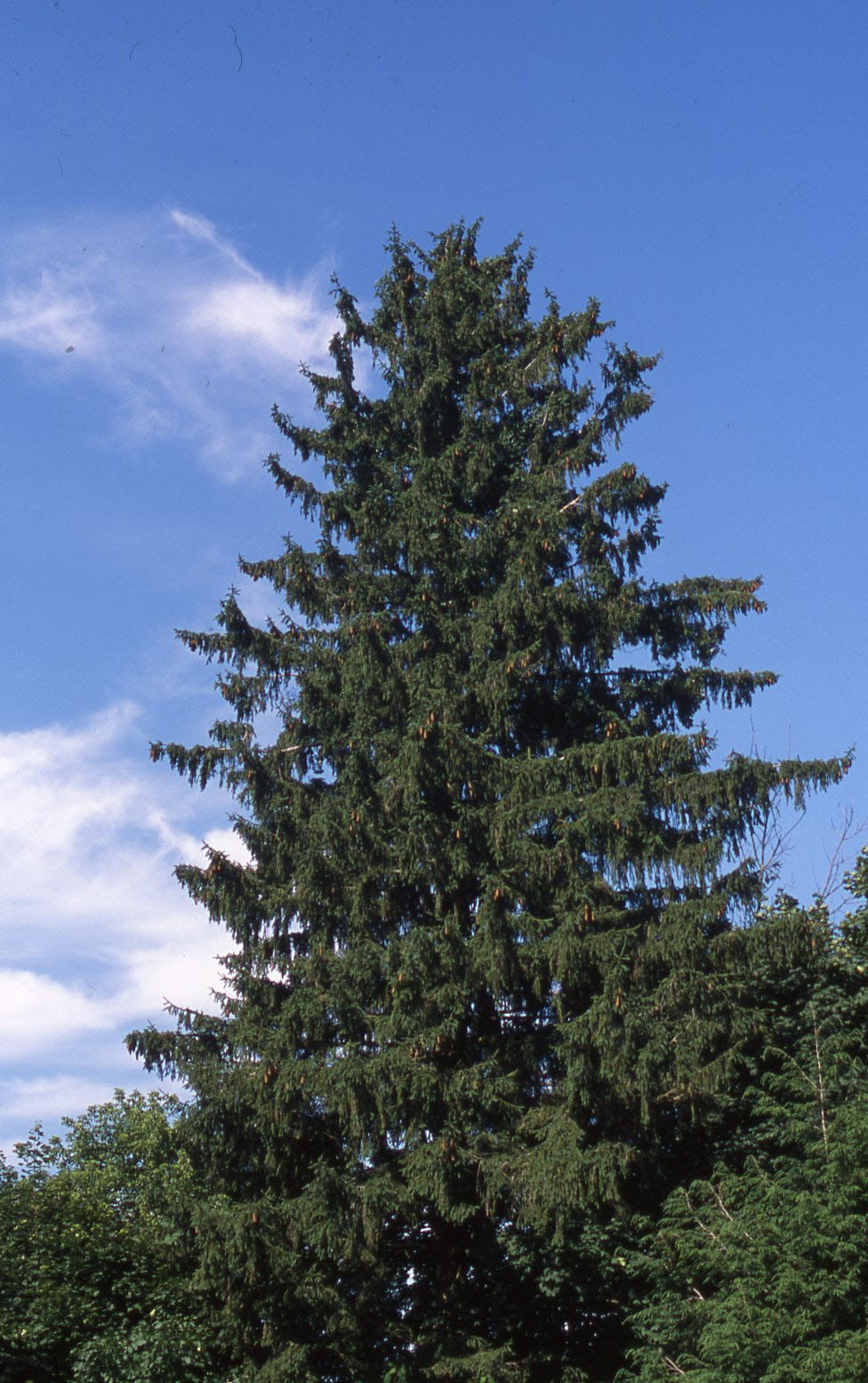



Planting A Norway Spruce Leave Enough Space For Tree To Mature
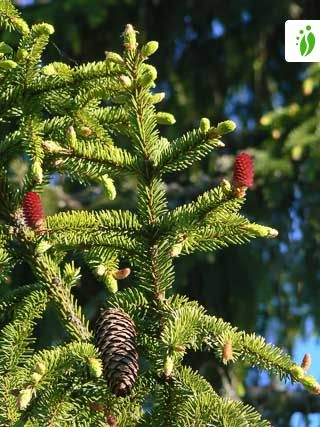



Norway Spruce Picea Abies Trees And Shrubs Naturegate




Norway Spruce Tree Detail Of Leaves Stock Photo Picture And Royalty Free Image Image




Norway Spruce Needles Norway Spruce Plant Leaves Picea Abies




Evergreens Product Overview




Picea Abies Wikipedia




Picea Abies Norway Spruce Go Botany
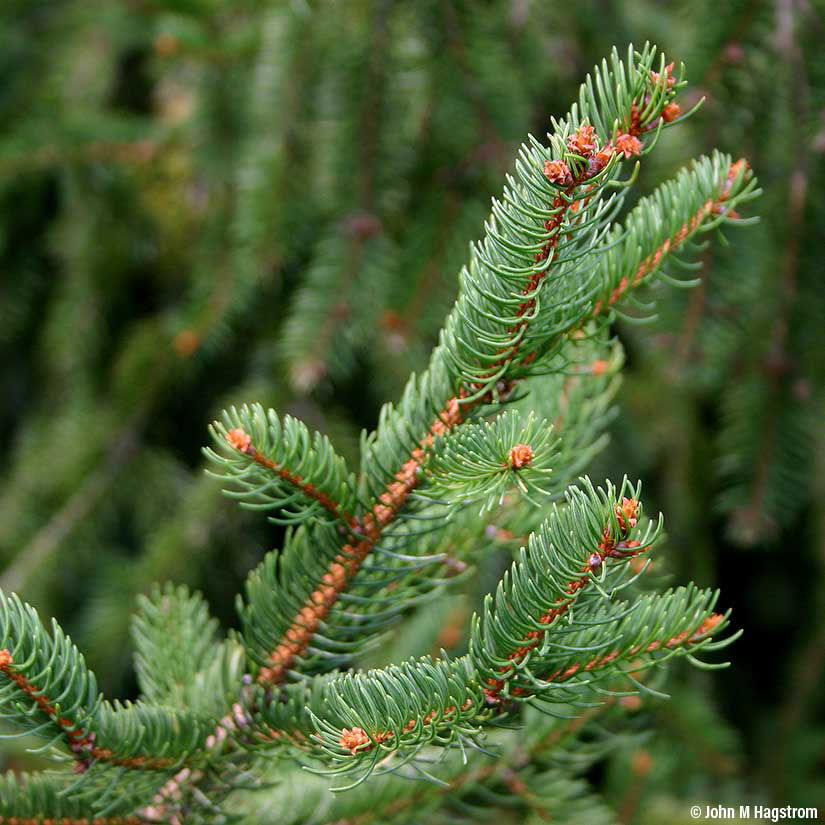



Norway Spruce Trees For Sale At Arbor Day S Online Tree Nursery Arbor Day Foundation Buy Trees Rain Forest Friendly Coffee Greeting Cards That Plant Trees Memorials And Celebrations With Trees And
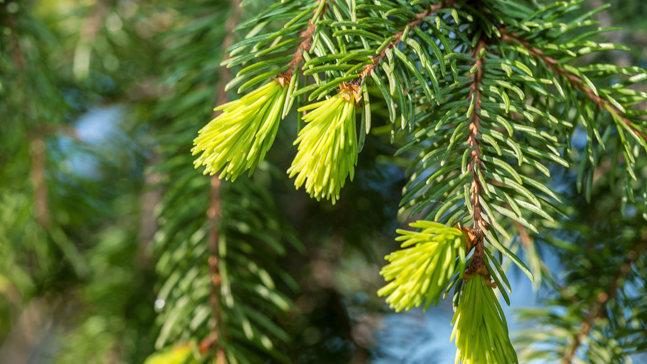



Norway Spruce Picea Abies British Trees Woodland Trust
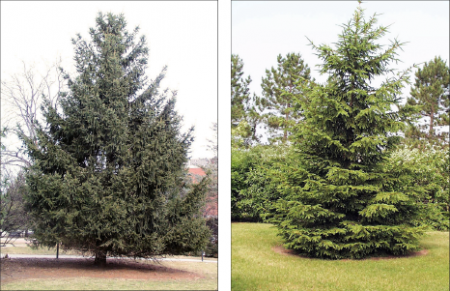



Norway Spruce Natural Resource Stewardship




Norway Spruce Growth Tips On Planting A Norway Spruce Tree



How To Grow And Care For Norway Spruce




Spruce Up Your Id Skills Autumn 11 Knots And Bolts Tree Identification Ohio Trees Colorado Blue Spruce
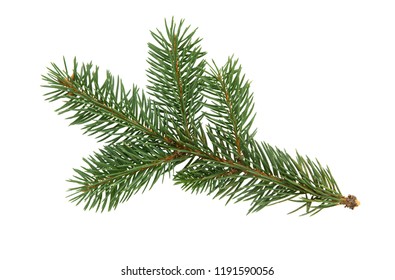



Spruce Leaf Images Stock Photos Vectors Shutterstock




Picea Abies Norway Spruce Go Botany



Enh 607 St448 Picea Abies Norway Spruce




Tree Identification Guide Do I Have A Norway Spruce
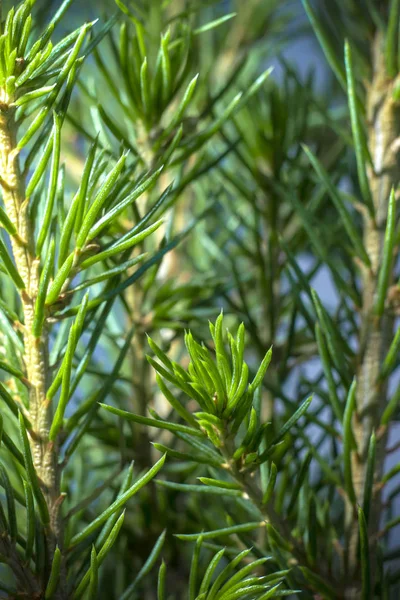



Norway Spruce Leaves Macro Shot Nature Fir Stock Photo




Evergreens Product Overview
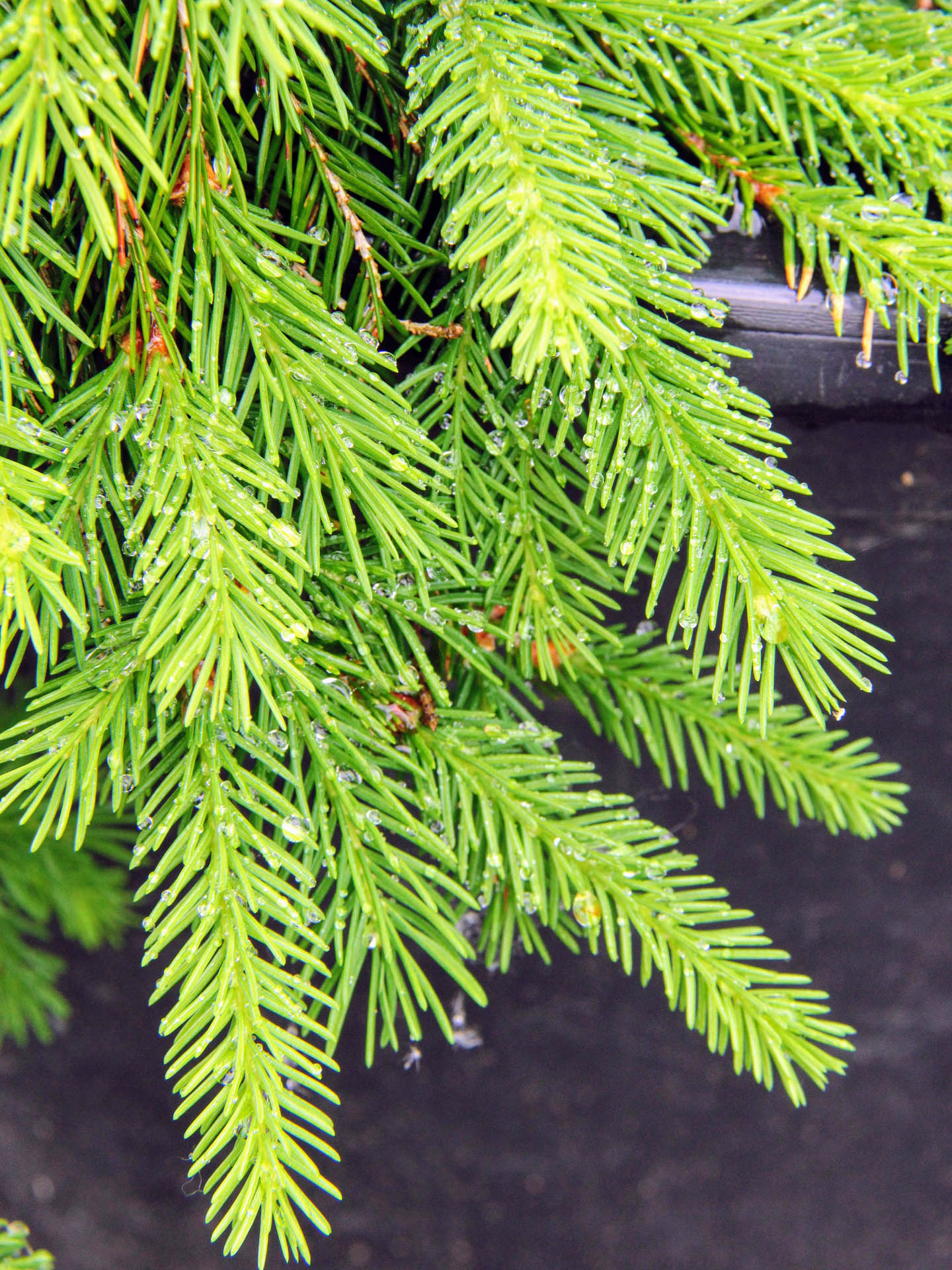



Picea Abies Susan Norway Spruce Conifer Kingdom




Norway Spruce Picea Abies Spruce Branch Cutout Stock Photo Picture And Rights Managed Image Pic Bwi Bs Agefotostock



1




Forestry Norway Spruce Picea Abies A Very Popular Conifer In The Midlands Teagasc Agriculture And Food Development Authority
:max_bytes(150000):strip_icc()/dwarf-black-spruce-1213174649-21e68226791541ff8682e142135e0327.jpg)



12 Spruce Tree And Shrub Types
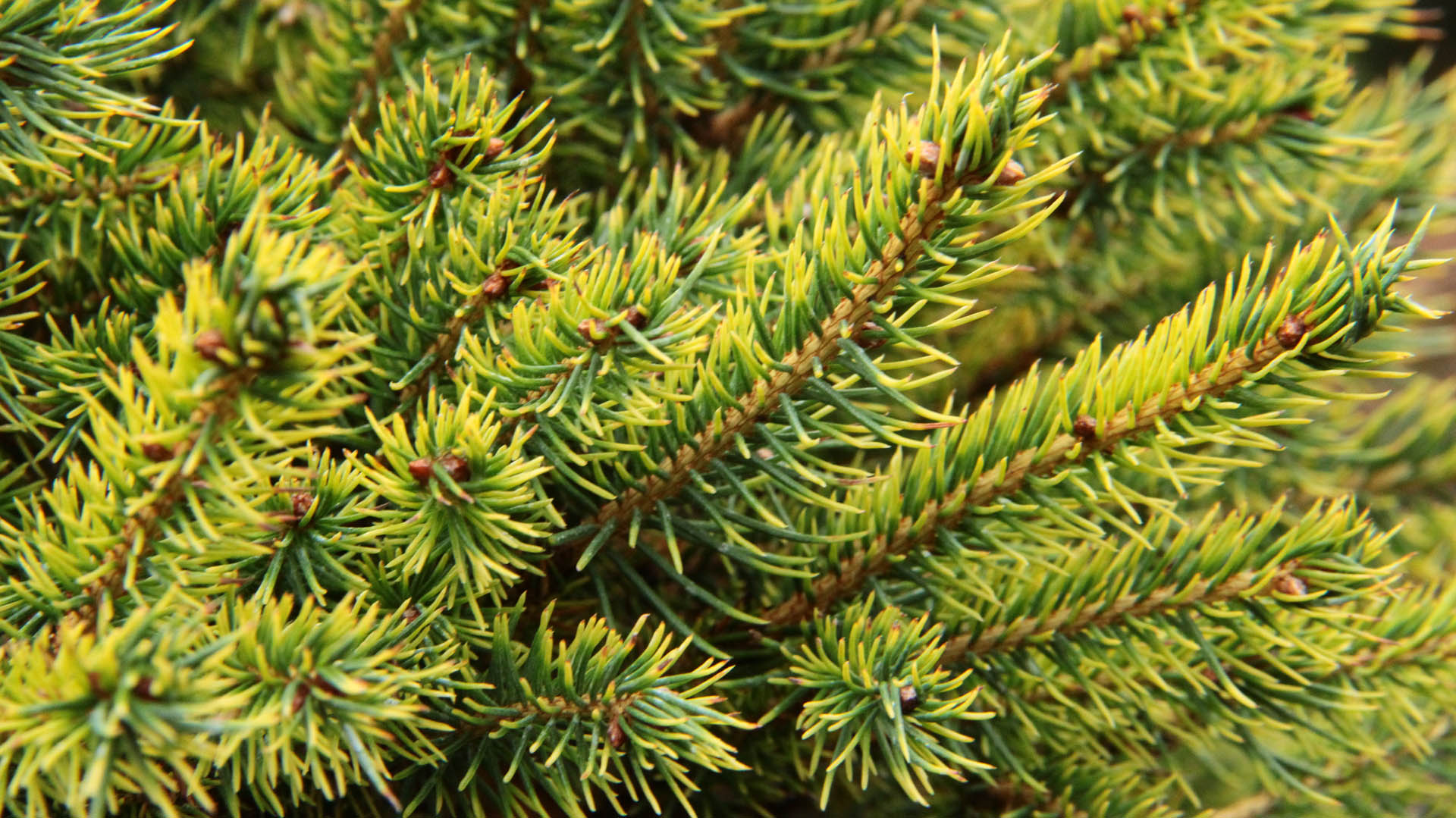



Picea Abies Gold Dust Norway Spruce Conifer Kingdom



0 件のコメント:
コメントを投稿